EUROPIN Summer School on Drug Design – Vienna
September 14 – 19, 2025
Speakers
Please note: Our website is under construction and will therefore be updated regularly.

Sanofi, Germany
Alexander Amberg
Application of in silico approaches and SAR (read-across) for regulatory risk assessment of N-nitrosamine impurities in drugs
Alexander Amberg obtained his Ph.D in Biochemical Toxicology. He is a “European Registered Toxicologist (ERT)” and “Fachtoxikologe DGPT” of the German Society of Toxicology. In 2001 he joined the early & exploratory preclinical safety group of Sanofi and is since that time responsible for in silico/computational toxicology analysis globally at Sanofi. The major research interests are data management of preclinical and clinical safety data in databases and development of new in silico prediction models for different toxicity endpoints from these data to support drug development in research and development. He is member in different expert advisory groups and external initiatives, like the IMI eTRANSAFE consortium for translational safety analysis, different GTI (genotoxic impurity)/ICH M7 initiative and is involved as author in more than 50 publications in scientific literature.
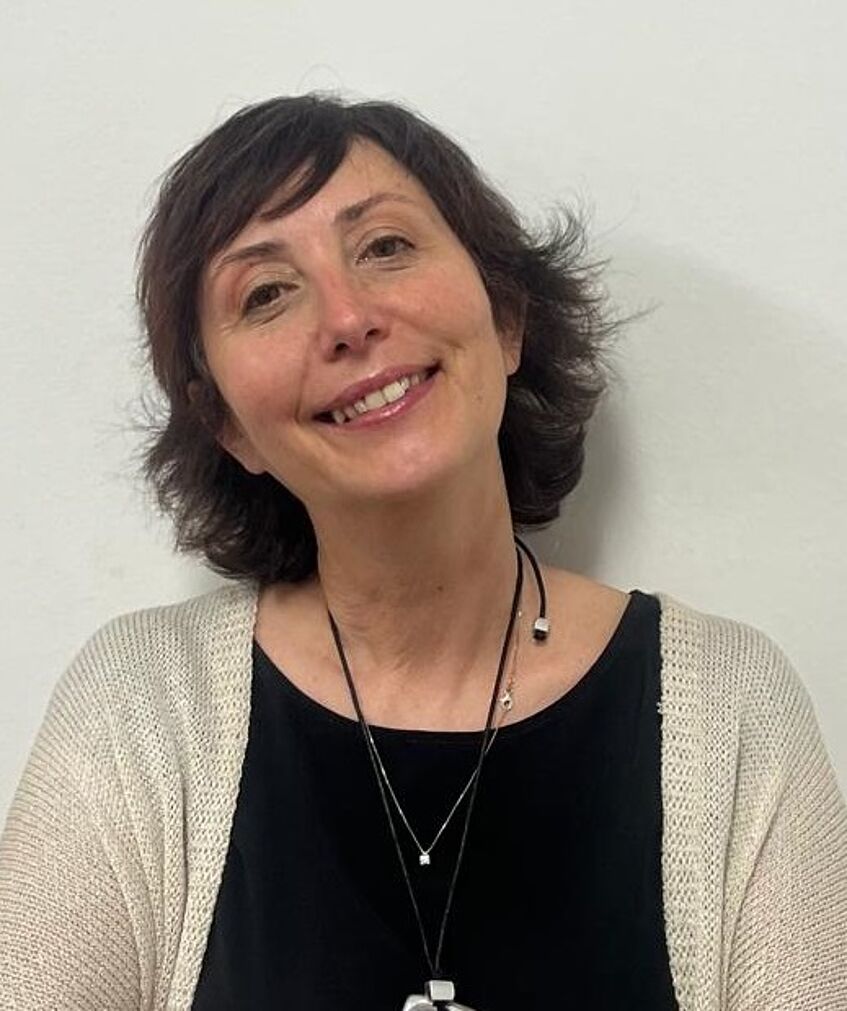
University of Perugia, Italy
Maria Letizia Barreca
Beyond Traditional Drug Design: Targeting Protein Folding with Small Molecules
Maria Letizia Barreca is Associate Professor of Medicinal Chemistry at the Department of Pharmaceutical Sciences, University of Perugia. Her research focuses on computer-aided drug design (CADD), with a particular emphasis on the discovery of bioactive small molecules targeting neurodegenerative diseases, cancer, and antimicrobial resistance. She began her academic career at the University of Messina and was a Visiting Scientist at the University of Houston (USA) in 2000–2001. In 2007, she joined the University of Perugia. From 2017 to 2022, she served as an expert consultant in Medicinal Chemistry for the international law firm Herbert Smith Freehills LLP (London, UK) on behalf of the biopharma company Gilead Sciences. She has received several awards for her scientific achievements, including the Italian Chemical Society – Farmindustria Award for Pharmaceutical Research. Since 2021, she has also served as a mentor in the Young Scientists Network of the European Federation for Medicinal Chemistry (EFMC-YSN) Mentoring Programme. Prof. Barreca is co-founder and shareholder of Sibylla Biotech S.p.A., a biotechnology company leveraging the “Pharmacological Protein Inactivation by Folding Intermediate Targeting” (PPI-FIT) platform to develop folding-interference small molecules as a novel therapeutic strategy.
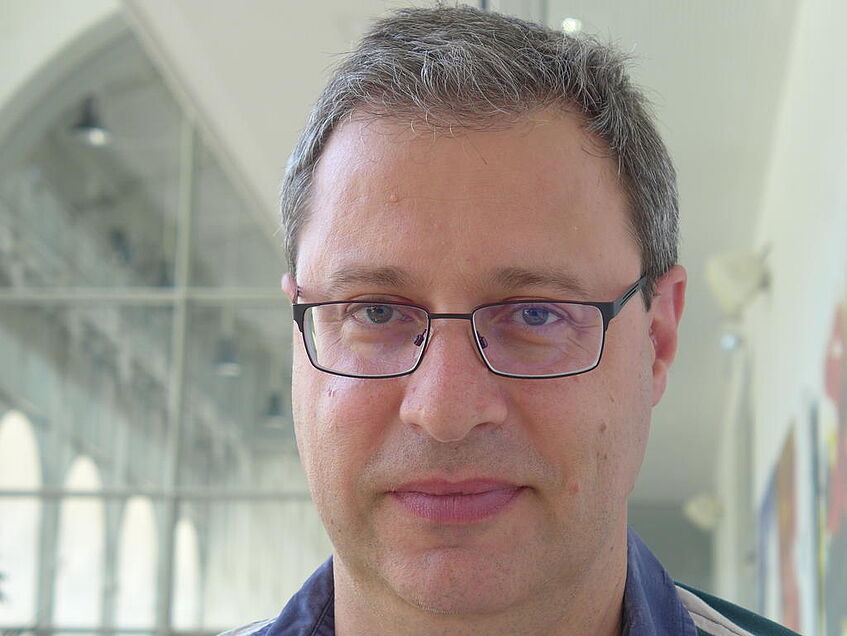
University of Vienna, Austria
Stefan Boresch
Setting up MD Simulations of Biomolecules &
An Introduction to Alchemical Free Energy Simulations
Stefan Boresch has been professor in the Department of Computational Biological Chemistry of the Faculty of Chemistry since 2011. He is an expert in biomolecular MD simulations and a developer of the CHARMM biomolecular simulation package. His research interests encompass methods development and applications of MD based free energy simulations (FES). In addition to “traditional” FES using classical mechanical force fields, the group is extending these techniques to polarizable force fields and applying refinements using hybrid QM/MM descriptions of interactions. Most recently, the combination of machine learned interaction potentials and alchemical FES has been explored.
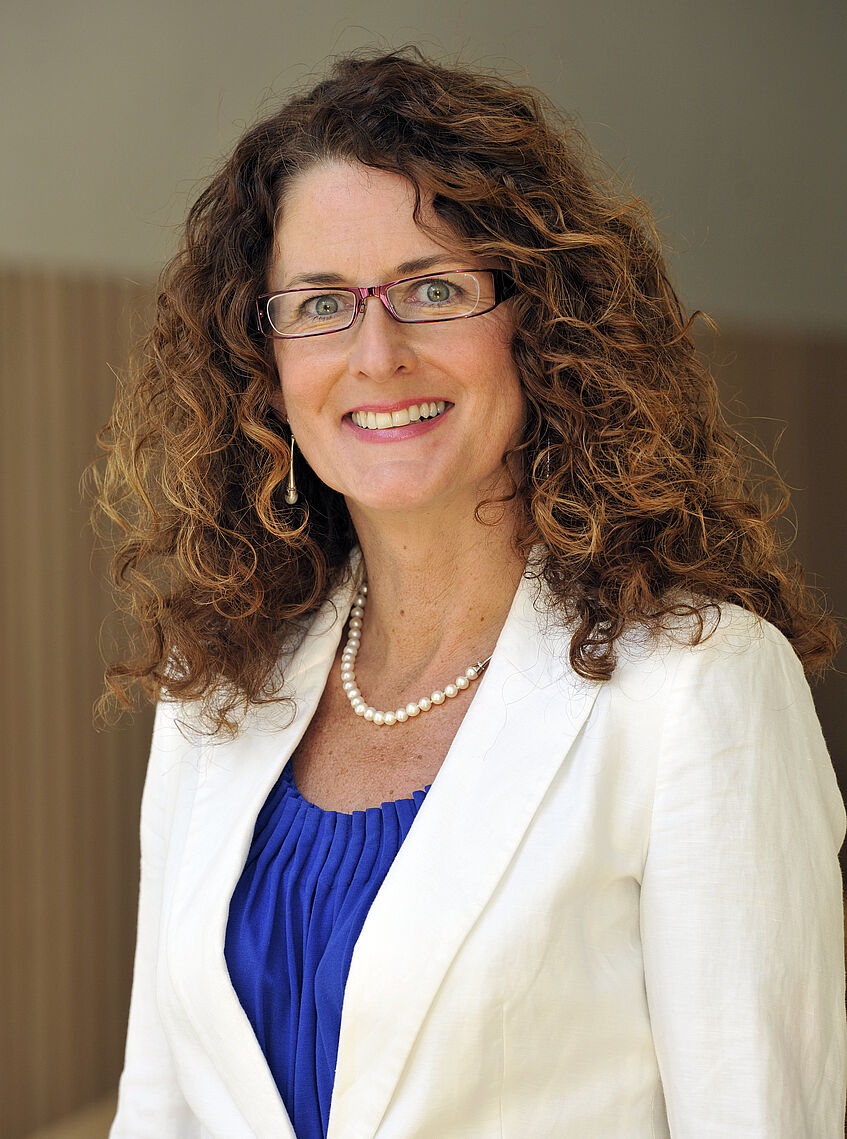
Inte:Ligand, Austria
Sharon D. Bryant
Addressing Challenging Targets in Drug Discovery: Recent Applications of LigandScout
Sharon Bryant is CEO at Inte:Ligand GmbH, a company that leads the field in 3D-pharmacophore modeling and virtual screening technology and is known for the development of the program LigandScout. She has more than 30 years experience in computer aided molecular design, working extensively with pharmaceutical, cosmetic, nutrition, and other life science industries to identify bioactive molecules, and provide design and chemistry decision support. Prior to joining Inte:Ligand, she was a Research Scientist at the National Institutes of Health, USA, where she worked on developing compounds targeting opioid receptors. She has patents covering opioid inventions and has authored more than 150 scientific publications. She is also Guest Professor at University of Vienna, Austria, where she teaches in the Master in Preclinical Drug Discovery program. Her most recent endeavor, together with the Inte:Ligand team, has been the development of the NeuroDeRisk IL Profiler, an in silico solution for profiling and identifying chemical structures with risk for neurotoxic adverse outcomes.

Schrödinger, Germany
Daniel Cappel
A novel workflow for the in silico identification and prioritization of potential allosteric binding sites based on mixed solvent simulations and SiteMap
Daniel Cappel serves as Senior Principal Scientist and Operation Lead in the Applications Science team at Schrödinger, which he joined in 2010. Prior to joining Schrödinger he received his Dr. rer. nat. from the University of Würzburg, where he was working in the group of Prof. Christoph Sotriffer analyzing the influences of water molecules on protein-ligand interactions. Before that Daniel studied chemistry at the universities of Frankfurt and Marburg. His diploma thesis was done in the group of Prof. Gerhard Klebe. During his studies Daniel held scholarships from the German National Academic Foundation and from the foundation of the German Chemical Industry. Daniel has a broad scientific background in the field of computational chemistry with focus on molecular dynamics and free energy simulations, docking, and ligand alignment. Within Schrödinger Daniel is also involved in internal research projects.

Liverpool John Moores University, UK
Mark Cronin
Making the Most of Structure-Based Predictive and Computational Toxicology
Mark Cronin is Professor of Predictive Toxicology at the School of Pharmacy and Biomolecular Sciences, Liverpool John Moores University, UK. He has over 35 years’ experience in the application of in silico approaches to predict the toxicity and fate of chemicals; in addition to development of strategies to develop alternatives to whole animal testing for toxicity. His current research includes the application of chemical grouping and read-across to assess human health and environmental endpoints, particularly the linking of Adverse Outcome Pathways (AOPs) to category information. This research effort has resulted in four books and over 330 publications in all areas of the use of (Q)SARs, expert systems and read-across to predict toxicity. Current research activities also include the assessment of uncertainties in silico models as well as ensuring these models are FAIR. He has worked in numerous projects in this area including more than fifteen EU projects, as well as assisting in the uptake of in silico methods for regulatory purposes.
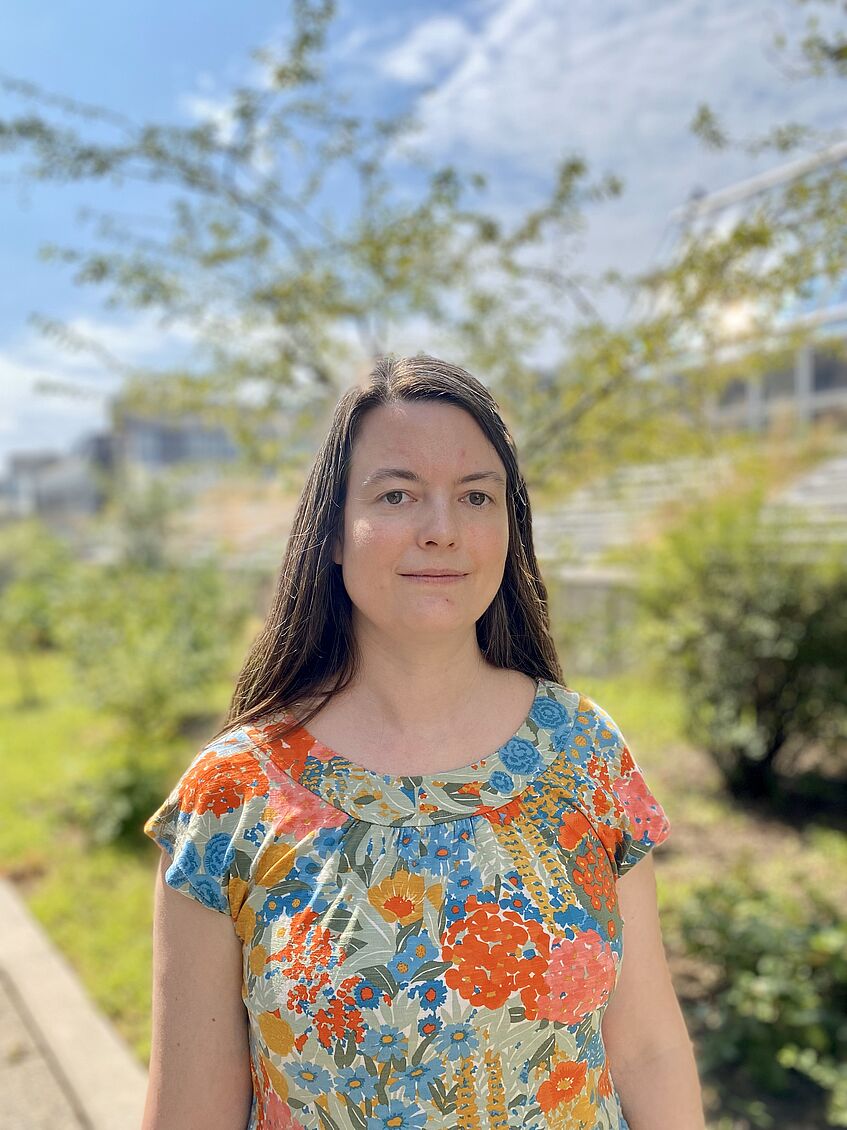
University of Vienna, Austria
Daniela Digles
Certified KNIME Trainer presenting the KNIME Workshops
Daniela Digles is senior scientist as well as senior lecturer at the Department of Pharmaceutical Sciences, University of Vienna. She completed her PhD studies with a DOC-fFORTE-fellowship of the Austrian Academy of Sciences at the University of Vienna, in the Pharmacoinformatics Research Group of Prof. Gerhard Ecker. In 2012 she started her Post-doc within the Open PHACTS project (IMI), and later on within the Open PHACTS Foundation, where she was testing the developed system, creating KNIME workflows to access the data to answer research questions, as well as user support. For the RESOLUTE project (IMI) she was developing KNIME workflows to collect data on solute carriers. Additionally, she is a community curator of WikiPathways. Her main research interests are the usage and quality control of open data (especially for solute carrier proteins), classification schemes, and the application of KNIME to connect data resources. Since 2023 she is a KNIME Certified Trainer.

Freie Universität Berlin, Germany & EUROPIN
Niklas Piet Doering
MDPath: Unraveling Allosteric Communication Paths through Molecular Dynamics Simulations
Niklas Piet Doering is a PhD student in Computational Drug Design at Freie Universität Berlin, working in the group of Prof. Gerhard Wolber. His research focuses on the structure-based exploration of GPCRs, particularly the development of novel biased ligands for the kappa opioid receptor. He also investigates the molecular mechanisms underlying GPCR signalling in order to improve our understanding of how specific ligand–receptor interactions translate into functional outcomes. Outside of GPCR research, he is interested in developing and exploring novel computational methods to improve the interpretability of structure-based data and support more effective drug discovery strategies.
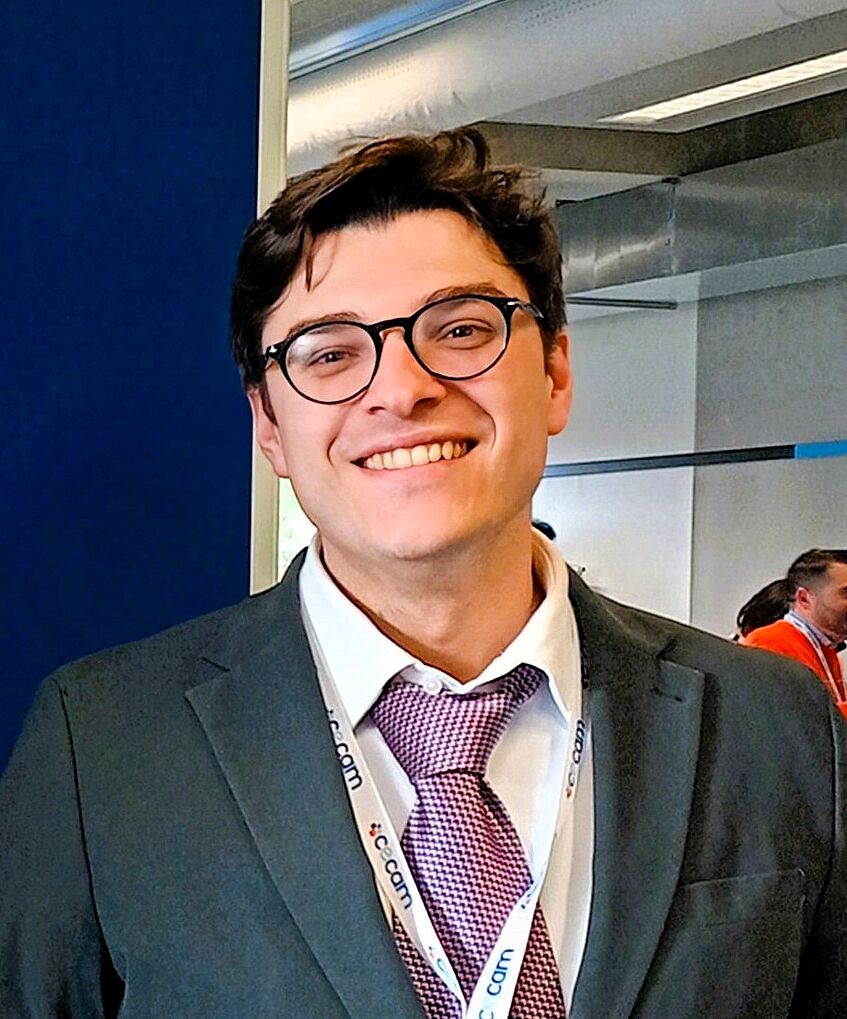
University of Parma, Italy & EUROPIN
Gian Marco Elisi
Discovery of covalent inhibitors of adenosine 5′-phosphosulfate reductase
Gian Marco Elisi is a Post-doctoral Researcher and Lecturer in Medicinal Chemistry at the University of Urbino, where he also oversees the VITALITY HPC platform. He holds a degree in Pharmaceutical Chemistry and Technology from the University of Modena and Reggio Emilia (2019) and a Ph.D. in Drug Sciences from the University of Parma (2023). His doctoral studies focused on melatonin receptors and melatonergic ligands under the supervision of Prof. Marco Mor, including a research secondment at the University of Geneva. He previously worked as a Senior Scientist at Evotec in the Molecular Architects department. His research activity centers on computational medicinal chemistry, with a focus on free-energy simulations and virtual screening of ultra-large compound libraries.
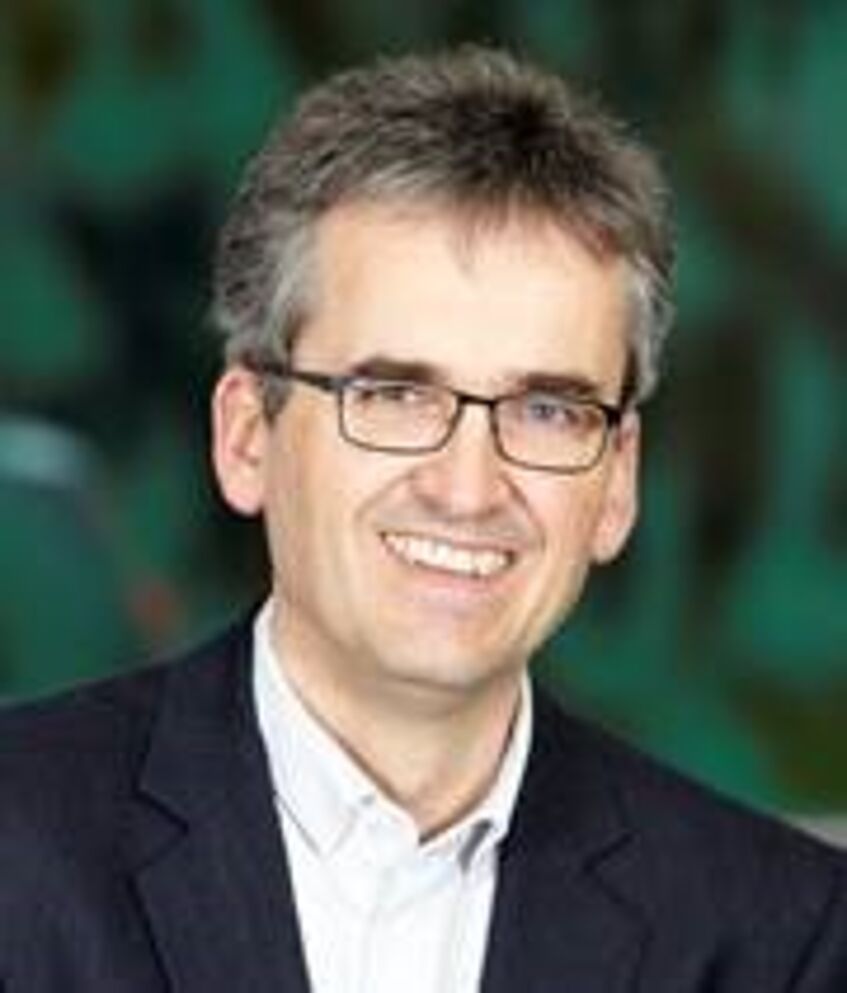
Boehringer-Ingelheim, Austria
Peter Ettmayer
Case Study: Discovery of BI 1810631 - A HER2 Selective, EGFR Sparing, Irreversible Tyrosine Kinase Inhibitor
Peter Ettmayer is a synthetic organic chemist by training (Vienna University of Technology, Austria) and worked for more than 30 years in drug discovery. He started as a medicinal chemist at Novartis in 1991, and joined Boehringer-Ingelheim as a group leader in the Oncology Department in 2005. At BI Peter´s responsibilities span from lead identification, to NCE based external collaborations and high throughput biology. Since December 2020 he is responsible for the drug discovery sciences department in the TA oncology. Peter is the author of numerous publication and patents and his main research areas are in the areas of oncology and immunopathology covering many fields of medicinal chemistry, e.g. PPIs, kinase inhibitors, peptidomimetics, combinatorial chemistry, prodrugs and PROTACs.
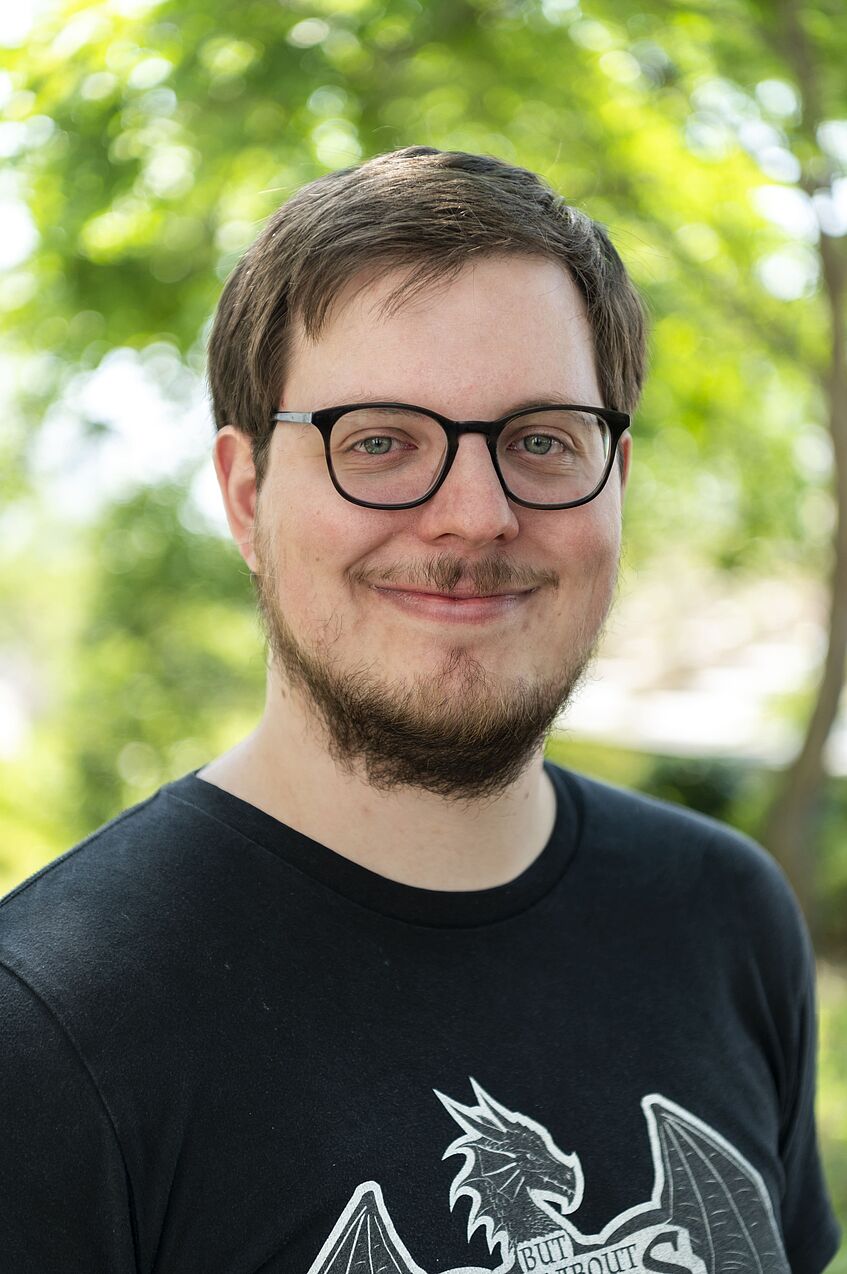
University of Vienna, Austria
Christian Fellinger
Binding Affinity Estimation using GRADE
Christian Fellinger finished his Bachelor's and Master's in chemistry at the University of Vienna. At the end of his Bachelor's and all throughout his Master's he started to specialize in the field of Computational Chemistry. During his Master's Thesis, he employed Molecular Dynamics Simulations to investigate the effect of specific ions on the dielectric spectra of arginine to improve our understanding of the Hofmeister Series. Currently, he is working as a PhD Student in the Cheminformatics Research Group led by Univ.-Prof. Mag. Dr. Thierry Langer in close collaboration with the Research Group of Univ.-Prof. Dipl.-Chem. Dr. Christian Schröder as well as industry partners as part of the CD-Lab. There, he aims to develop and employ methods to analyze hotspots of protein-ligand complexes. The first of these Methods is their in-house interaction Fingerprint GRADE (GRail bAsed DEscriptor).
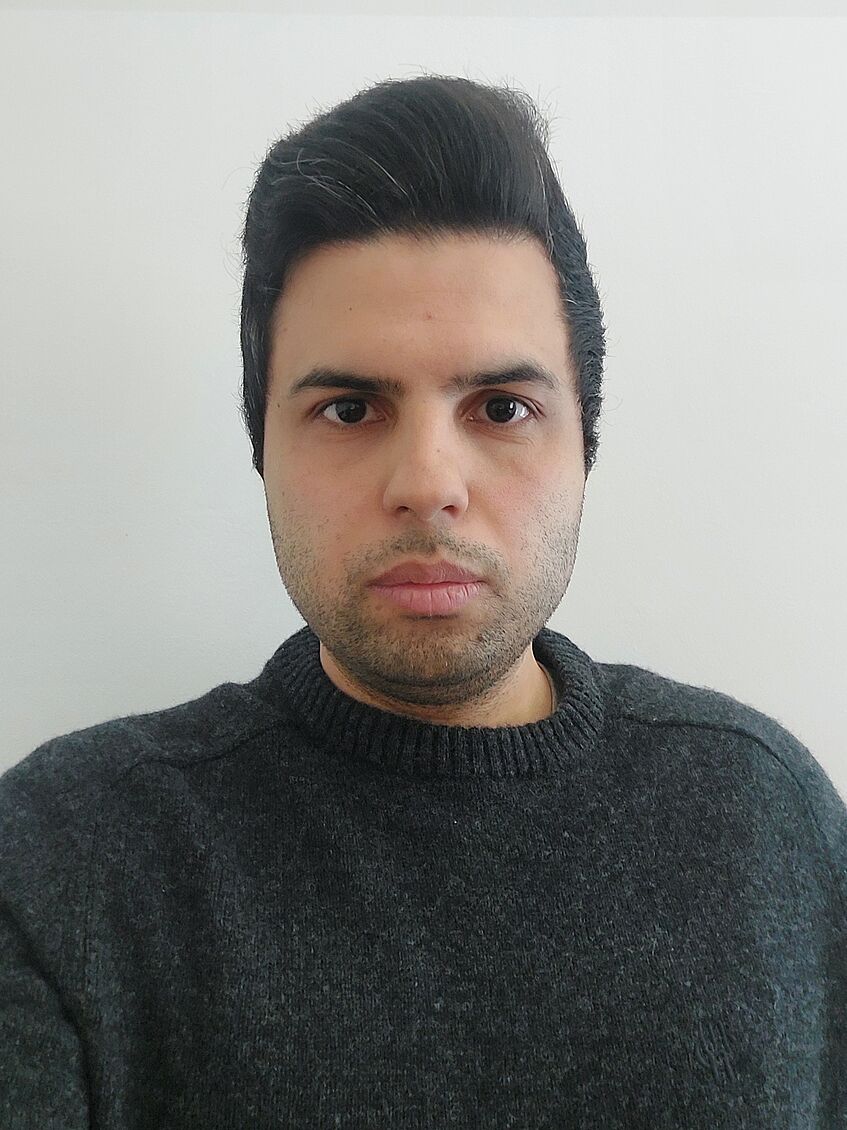
University of Vienna, Austria
Hosein Fooladi
Bridging Islands in Chemical Space: Evaluating and Enhancing ML Generalization for Drug Discovery
Hosein Fooladi is a Ph.D. candidate in Pharmaceutical Sciences (Cheminformatics) at the University of Vienna, where he works within the CD-Lab MIB Industry Partnership program under the supervision of Professor Johannes Kirchmair. His research focuses on machine learning applications in drug discovery, with particular emphasis on generalization challenges in chemical space. With extensive industry experience as Senior Data Scientist at CelerisTx and AI VIVO, he has developed expertise in targeted protein degradation, drug repositioning, and de novo drug design. Hosein has published several papers on machine learning applications in drug discovery, including work on transfer learning and out-of-distribution performance evaluation. His interdisciplinary background combines advanced machine learning methods with Cheminformatics to address critical challenges in computational drug discovery.
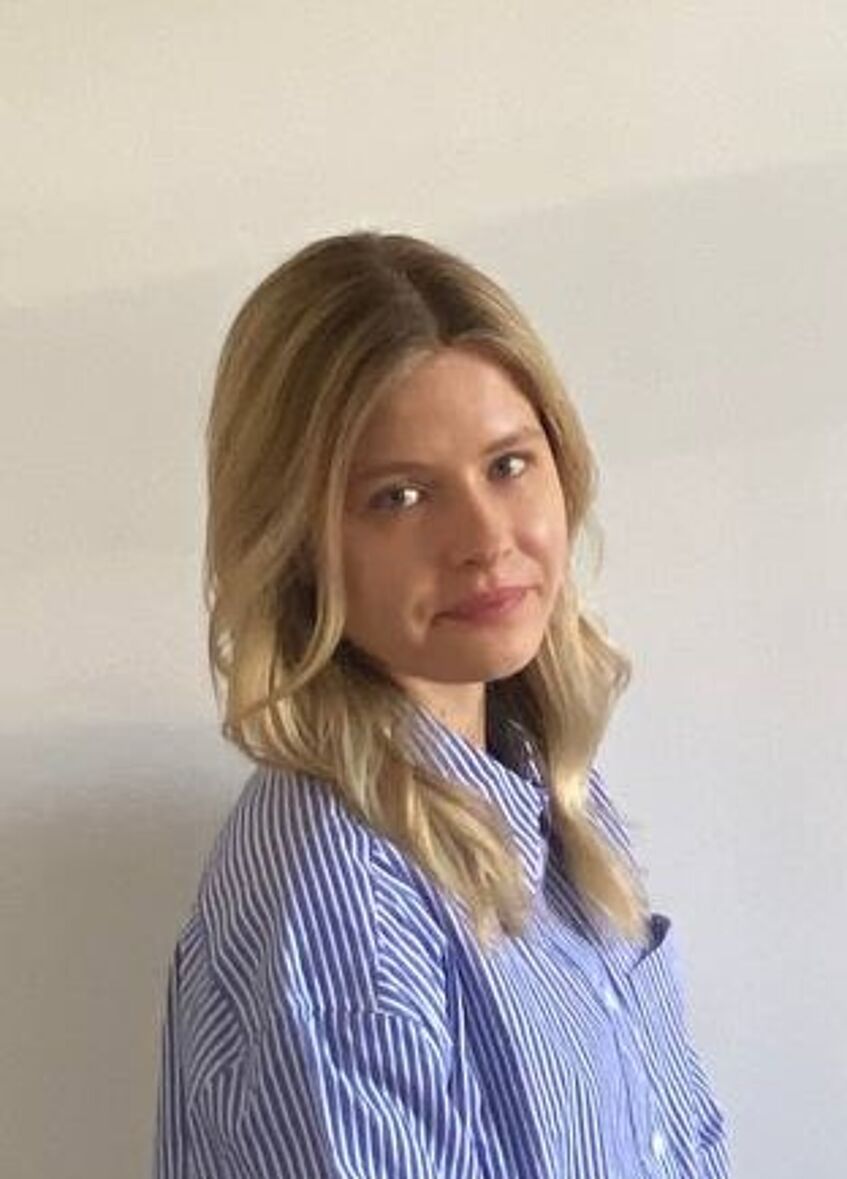
Barcelona Supercomputing Center, Spain
Barbara Füzi
Sex-specific toxicological outcomes in preclinical control group data
Barbara Füzi is a postdoctoral researcher in the Machine Learning for Biomedical Research group at the Barcelona Supercomputing Center, Barcelona. Barbara got her PhD in Pharmacoinformatics in 2022 from the University of Vienna, Austria. Her project was part of the Molecular Drug Targets interdisciplinary PhD program. During this time, she was also working on the TransQST (Translational Quantitative Systems Toxicology) IMI project. She completed internships at EMBL-EBI, Medbioinformatics Solution and KNIME, where she developed skills in data science, computational drug discovery and in silico toxicology. She used this experience in teaching in silico toxicology and pharmacoinformatics as a lecturer at the University of Vienna. She collected industry experience as principal scientist in the Digital Toxicology group of Preclinical Safety at Sanofi, Frankfurt. In this role, she acted as a computational toxicology expert for novel modalities and contributed to collaborations with a special focus on translational safety. Currently, she is an AI4Science fellow, focusing on drug side effects, preclinical safety data, in the frame of the VICT3R IHI project on virtual control groups. She gives lectures in machine learning and AI and actively supports women in research and science through her involvement in a BSC initiative, Bioinfo4Women.

BioSolveIT, Germany
Marcus Gastreich
0D, 2D, and 3D Navigation of Zetta-sized On-Demand Chemical Spaces
Marcus Gastreich serves as Senior Vice President of Application Science at BioSolveIT, based in Germany. In this role, he acts as the strategic liaison between pharmaceutical clients and the company's IT development teams, while also overseeing business development and sales. BioSolveIT is a globally operating provider of modeling software, known for setting industry benchmarks — particularly in the field of Chemical Space navigation technologies, which Marcus will highlight in his contribution. He holds a diploma in Chemistry from the University of Bonn, Germany, and earned his PhD in Theoretical Chemistry under the supervision of Christel M. Marian. His doctoral research focused on ab initio NMR simulations of solids and the development of force fields for amorphous materials. He also pursued a minor in Bioinformatics under Tom Lengauer at GMD (now Fraunhofer Gesellschaft). In the late 1990s, Marcus conducted research with Julian Gale at Imperial College London. In 1999 — two years before BioSolveIT was founded as a spin-off from the Fraunhofer Gesellschaft — he joined Tom Lengauer's chem- and bioinformatics group in St. Augustin, Germany, where the widely used FlexX molecular docking program was originally developed. Marcus is the (co-)author of numerous scientific publications and has contributed to several books. His 2019 review on Chemical Space exploitation in Drug Discovery Today remained among the journal's top ten most downloaded articles for several months. His key interests include visually appealing, scientific app design, molecular data visualization, and the development of fast, interactive algorithms to advance research in therapeutic drug discovery, crop protection, fragrance and aromatics. His influence is evident in BioSolveIT’s tools such as SeeSAR, infiniSee, and PepSee — a software platform for therapeutic peptide analysis and design.
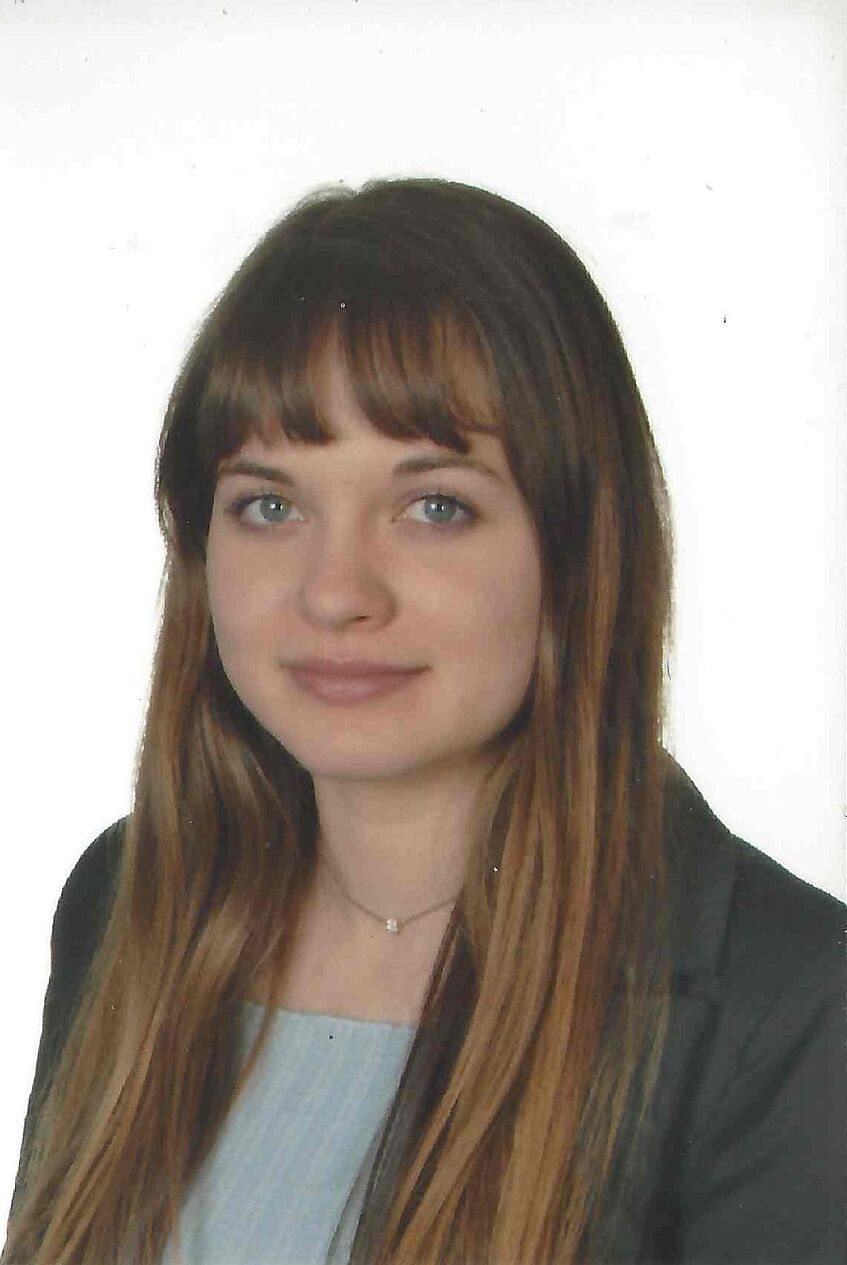
University of Vienna, Austria
Karin Grillberger
Leveraging consensus docking strategies at mitochondrial complexes I & III
Karin Grillberger is a PhD student in the Pharmacoinformatics Research Group at the University of Vienna, where she also completed her pharmacy degree. She is also part of the Europin PhD program. Her Thesis is linked to the RISK-HUNT3R project, that focuses on animal-free next generation risk assessment. She contributes by applying in silico approaches like molecular docking, molecular dynamics, and machine learning. Within the project, the concept of adverse outcome pathways (AOPs) is used to gain more mechanistic insights into toxic endpoints like developmental neurotoxicity (DNT). Therefore, targets that represent molecular initiating events that could lead to DNT are studied in her thesis. Amongst them, mitochondrial complexes represent crucial targets that, if triggered by the interaction of substances, can start toxicity processes.
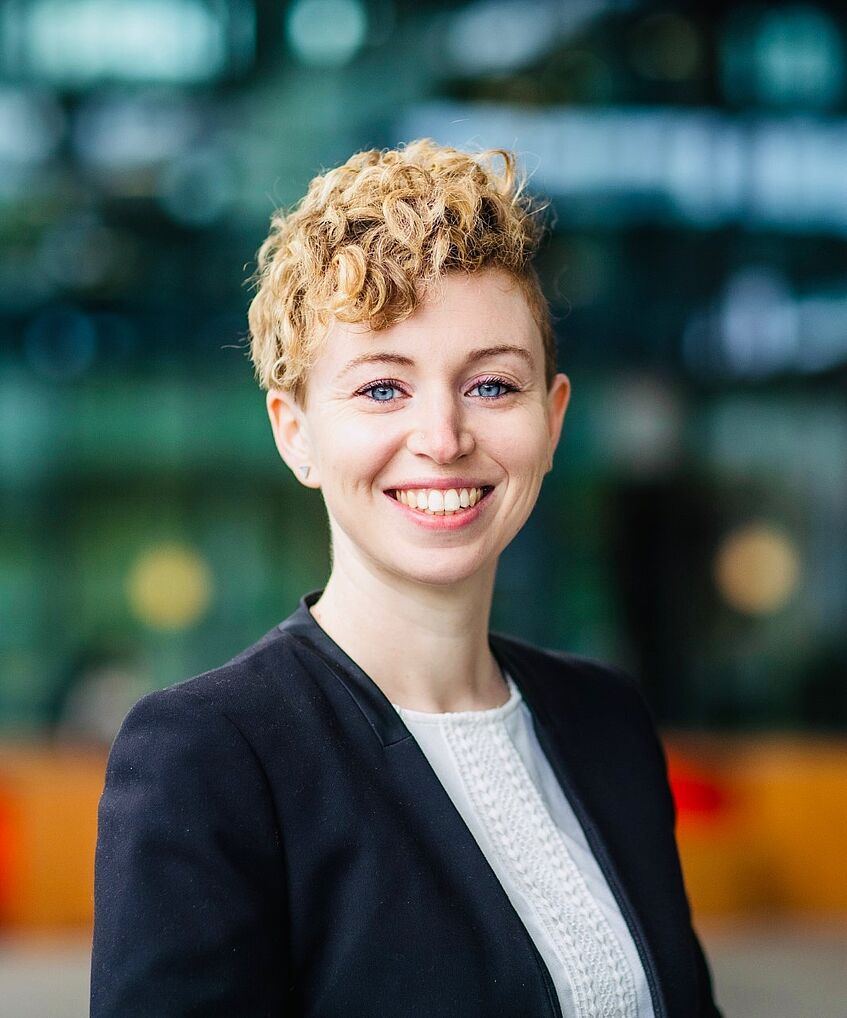
Eindhoven University of Technology, The Netherlands
Francesca Grisoni
De novo drug design with chemical language modeling
Francesca Grisoni is an Associate Professor at the Eindhoven University of Technology, where she leads the Molecular Machine Learning Team. Over the past decade, Francesca has been fascinated by the challenge of pushing the boundaries of machine learning in the discovery of novel therapeutics. Prof. Grisoni received her Ph.D. in the group of Prof. Roberto Todeschini (University of Milano-Bicocca) on molecular machine learning for bioactivity prediction. After working in industry for a year, she joined at ETH Zurich (Prof. Gisbert Schneider’s group) as a postdoctoral researcher focusing on scaffold hopping approaches and generative deep learning. Her team works at the intersection of chemistry, biology, and computer science, to advance the potential of machine learning for drug discovery. Francesca’s research has been recognized several prizes and grants, such as the Excellence Award from the Federation of European Biochemical Societies (FEBS), the Royal Netherlands Academy of Arts and Sciences (KNAW) Early Career Award, a Vidi grant from the Dutch Research Council, and an ERC Starting Grant.
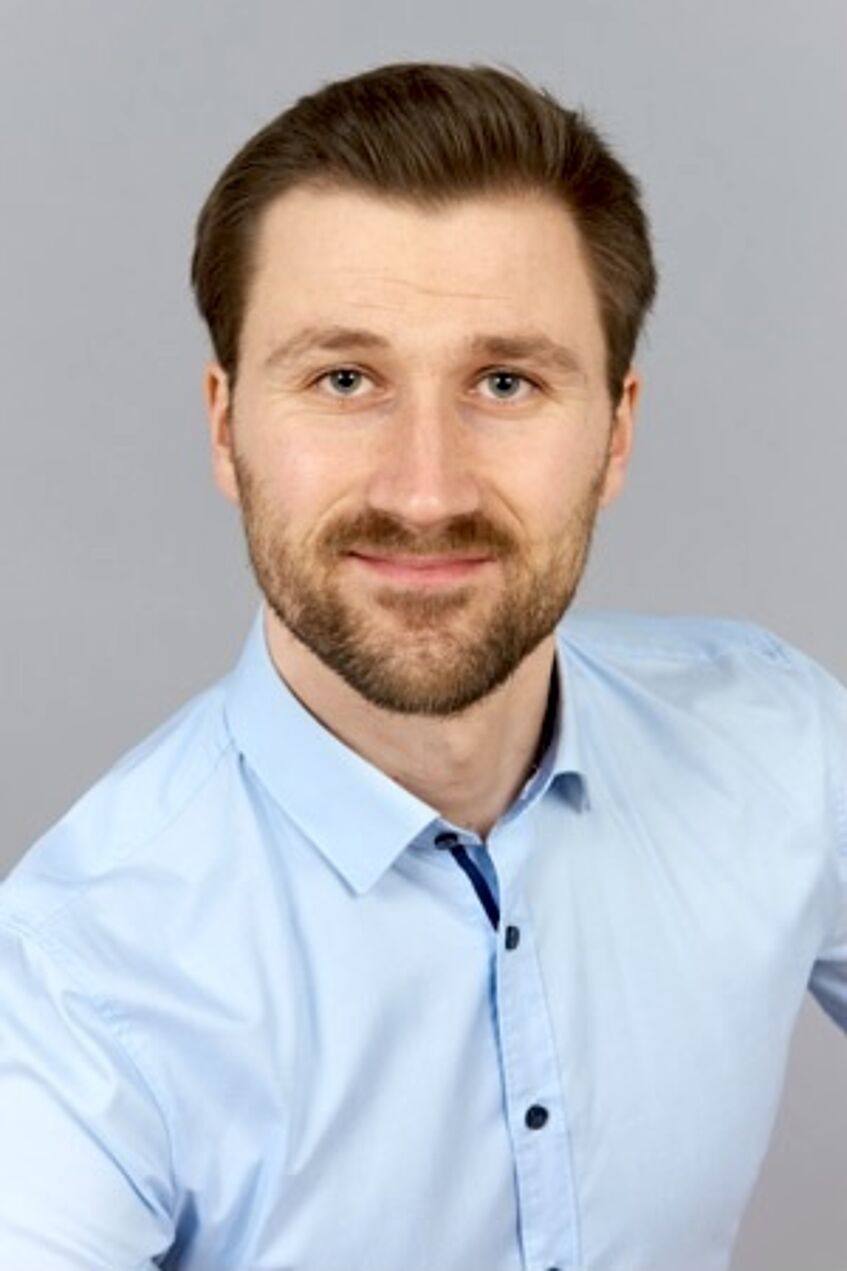
University of Vienna, Austria
Palle Steen Helmke
Refining Cholestasis and Steatosis Prediction: An Explainable Model
Palle Helmke is a PhD student in the Pharmacoinformatics Research Group at the University of Vienna. After earning his pharmacy degree in 2021, he gained experience as a pharmacist before pursuing research in pharmacoinformatics. His work focuses on drug-induced cholestasis and steatosis, in-silico target prediction, and data-driven analysis of bioisosterism.
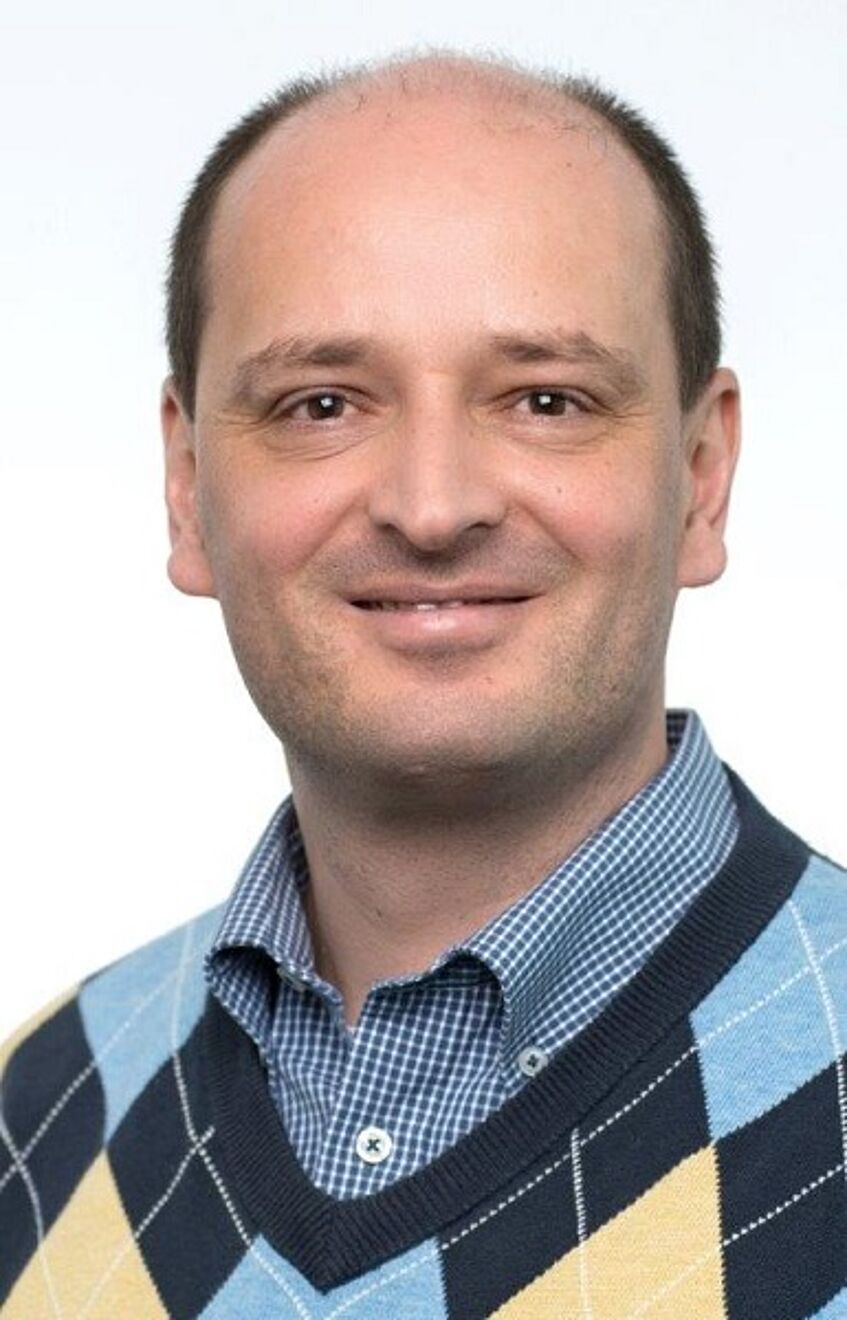
Integrated Drug Discovery, R&D, Sanofi Frankfurt, Germany
Gerhard Hessler
Large Language Models in Drug Discovery for the Design of Novel Molecules
Gerhard Hessler pursued his chemistry studies at the Technische Hochschule Darmstadt, Germany, and the Technical University Munich, Germany. He earned his Ph.D. in chemistry in 1997 from the Technical University of Munich under the supervision of Prof. Dr. Horst Kessler. His doctoral research focused on NMR-based conformational analysis of biologically active peptides and oligonucleotides. Following his academic work, Gerhard Hessler spent four years in the computational chemistry group of Central Research at Bayer AG, Leverkusen. In 2001, he transitioned to Aventis Pharma Deutschland GmbH (now Sanofi) in Frankfurt as a computational chemist, and has held various leadership positions in computational chemistry, structural biology, and drug design. Currently, Dr. Hessler is Head of Synthetic Molecular Design at Sanofi since 2017. In this role, he leads a team of computational and medicinal chemists, driving the successful identification of leads and clinical candidates for small molecules and peptides. Throughout his industrial career, Dr. Hessler has focused on applying ligand- and structure-based design techniques to drug development, particularly in the areas of cardiovascular diseases, diabetes, and immunology.
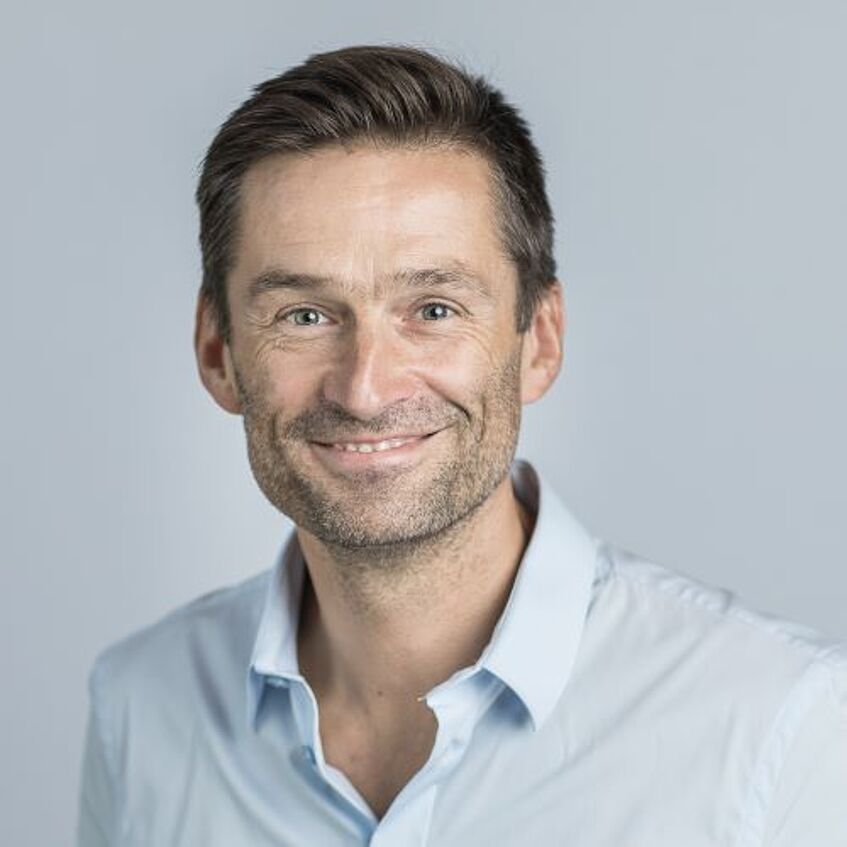
AstraZeneca
Anders Hogner
Integrating computations and experiments to unlock structure-based design of small molecules targeting RNA
Anders Hogner PhD, is a drug hunter with +20 years’ experience in the pharmaceutical industry in the field of chemistry/computer aided drug design. Anders is currently head of Computational Chemistry in Medicinal Chemistry in Early Cardiovascular, Renal and Metabolism, BioPharmaceuticals R&D. Part of Anders role involves co-leading AstraZeneca’s CADD strategy, global lead of IT demands from the business, and part of team delivering AstraZeneca’s Augmented Drug Discovery environment. During 2017-2018 Anders also acted as interim head of Computational Chemistry for Respiratory, Inflammation and Autoimmunity (RIA) disease unit. He has proven-track record of impacting projects milestones through innovative approaches resulted in being named co-inventor on 3 clinical drug projects and ability to bring in new methodologies and collaborations. He is passionate about talent management, mentoring, and developing people to achieve key deliverables in a performance-driven setting.
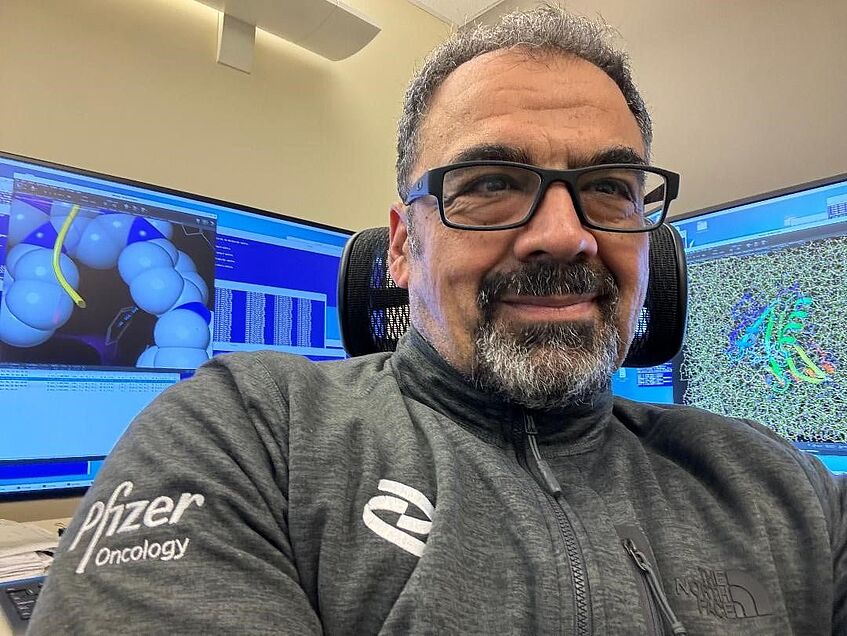
Pfizer, La Jolla, California, USA
Mehran Jalaie (MJ)
Beyond the Lead Identifications: HPK1 (Hematopoietic Protein Kinase 1 HPK1/MAP4K1)
Dr. Mehran Jalaie (MJ) currently is Associate Research Fellow in the Medicine Design Department at Pfizer La Jolla, where he focuses on Oncology projects. Dr. Jalaie earned his B.S & Ph.D. in Chemistry from Purdue University in 1999, followed by completing his postdoctoral research at Eli Lilly. In 2001, he joined Pfizer in Ann Arbor, where he led computational investigations for Cardiovascular and CNS projects. In 2007, Dr. Jalaie transitioned to Pfizer La Jolla, where he has since made significant contributions to Oncology targets, notably impacting project transitions such as PI3Ka, STING, SMO, CDK4, and HPK1. As the Chair of Pfizer's Global Virtual Screening team, MJ has spearheaded the development of cutting-edge tools for lead hopping and hit identification, with his multidisciplinary team excelling in enabling Virtual Screening in ultra-large spaces and utilizing DNA-encoded libraries to discover new PMC-enabled leads. Furthermore, Dr. Jalaie leads collaborative efforts with several academic groups including the Czech Academy of Sciences to enhance in-house protein-ligand scoring options. His substantial contributions to the field are demonstrated by over 50 publications/patents. In recognition of his work, he was honored with the ACS Division of Organic Chemistry Mid-Career Investigator Award in 2022.
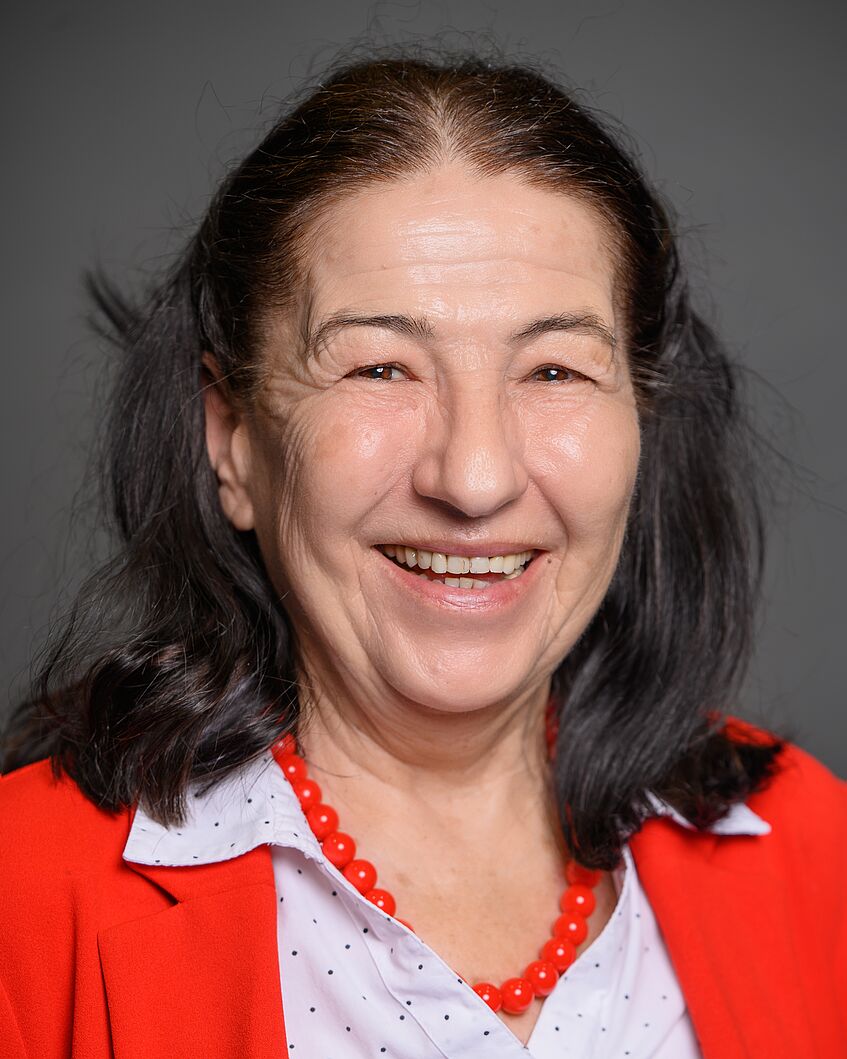
University of Primorska, Slovenia
Dušanka Janežič
ProBiS: Innovative Computational Tools for Protein Binding Site Prediction and Structure-Driven Drug Design
Dušanka Janežič is a Full Professor of Mathematics in Natural Sciences at the University of Primorska, Slovenia, renowned for her pioneering contributions to molecular modeling and drug design. She has authored two scientific books and over 130 original research papers and review articles, amassing more than 3,000 citations in the Web of Science database and holding an h-index of 25. From 2001 to 2014, she served as an Editor for the prestigious Journal of Chemical Information and Modeling (ACS). Her academic excellence has been widely recognized, including being named Ambassador in Science of the Republic of Slovenia in 1999 and receiving the Zois Award, Slovenia’s highest state honor for scientific achievements, in 2013 for her contributions to mathematics in natural sciences. Prof. Janežič has an esteemed international academic background, having been a Fulbright Scholar at the National Institutes of Health (Bethesda, USA) and a Deutscher Akademischer Austauschdienst (DAAD) Fellow at the Technical University of Munich (Germany). She is credited with founding the molecular modeling research field in Slovenia, and her research group ranks among the world's leading teams in the field. Her work has introduced novel approaches and concepts in molecular modeling, earning significant recognition in the scientific community. Her current research focuses on graph theory applications, protein-protein and protein-ligand binding site predictions, biomolecular simulations, and their impact on pharmaceutical research and drug development. Through her contributions, she has advanced the understanding of complex biological systems and helped shape modern drug discovery strategies.
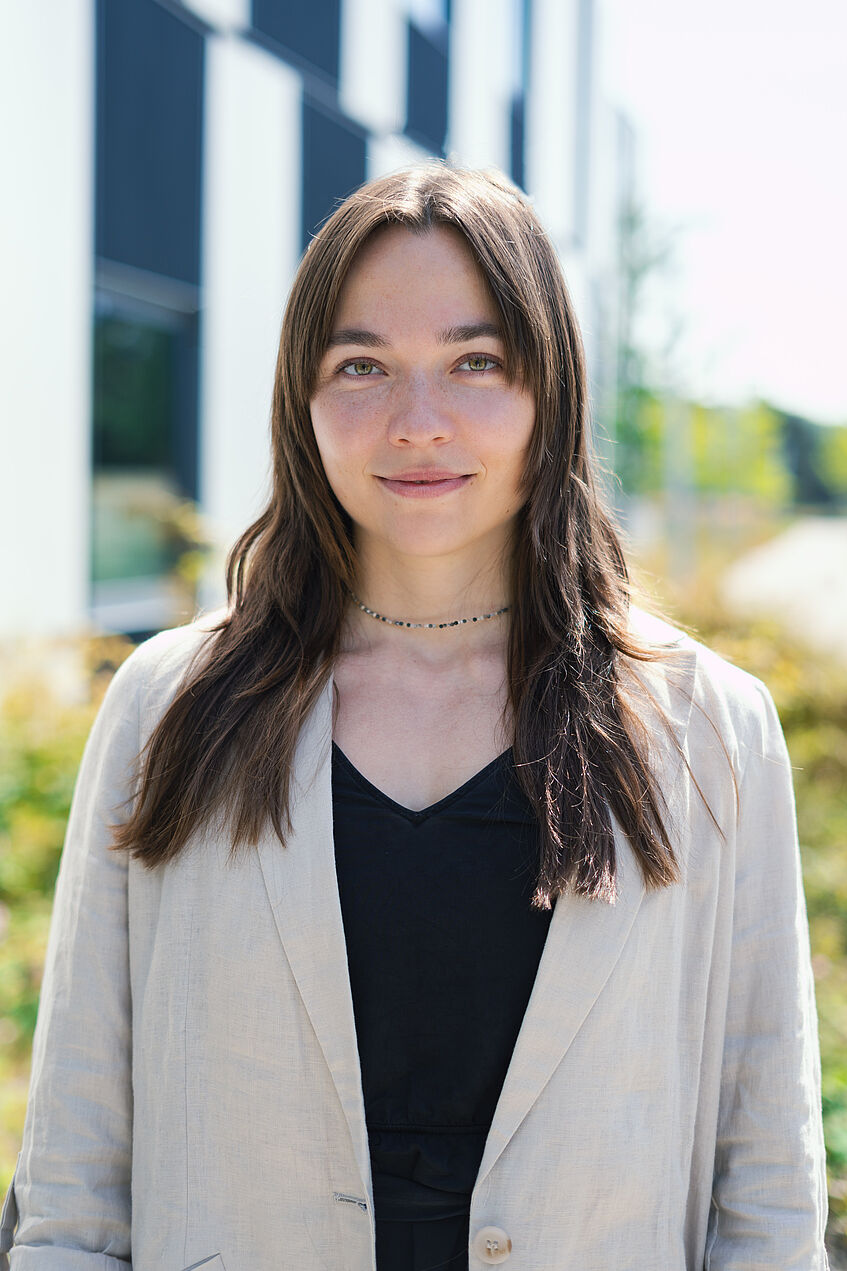
University of Vienna, Austria
Julia Kandler
Investigating Developmental Neurotoxicity: Integrated Models of Thyroid Function Disruption
Julia Kandler finished her Master´s degree in Pharmacy at the University of Vienna and is now pursuing a PhD in the Pharmacoinformatics Research Group of Prof. Gerhard Ecker. She is involved in the European Research & Innovation project RISK-HUNT3R, with a focus on developing in silico-based new approach methodologies for the prediction of chemical toxicity. Her work centers on modeling and investigating molecular interactions between transporters involved in the hypothalamic–pituitary–thyroid axis and potential disruptors. She primarily applies structure-based methods, which she complements with machine learning-based approaches. The overarching goal is to acquire a more profound understanding of molecular initiating events leading to an imbalance in thyroid hormone homeostasis and in further consequence to the adverse outcome developmental neurotoxicity. The created models are intended to serve as alternatives to animal testing.
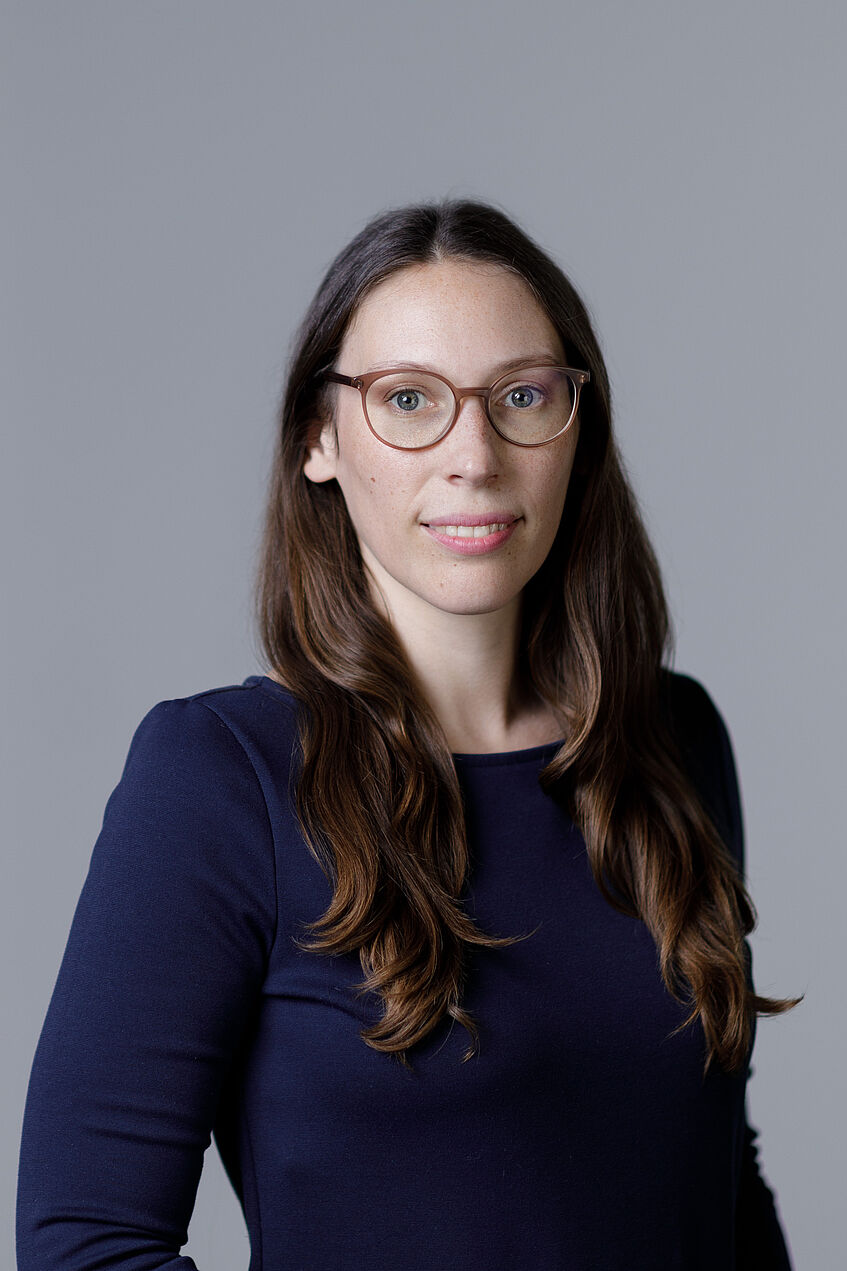
Boehringer-Ingelheim, Austria
Stefanie Kickinger
Potential and Limitations of Free-Energy Calculations in Lead Optimization of KRAS Inhibitors
Stefanie Kickinger obtained her PhD in the Pharmacoinformatic Research Group at the University of Vienna. Her PhD work focused on understanding what is driving activity and selectivity of neurotransmitter transporter inhibitors by employing a range of structure- and ligand-based methods. After her PhD she received a Lundbeck Postdoc fellowship and moved to the University of Copenhagen where she was investigating the potential of nutrient amino acid transporters as drug targets. In 2023, Stefanie joined Boehringer-Ingelheim as an Associate Principal Scientist in the Computational Chemistry Group where she is working on the design and optimization of small molecules in oncology projects.

University of Vienna, Austria
Johannes Kirchmair
Methods and Strategies for Tackling Assay Interference Caused by Small Molecules
Johannes Kirchmair is Professor of Data-Driven Drug Discovery at the Department of Pharmaceutical Sciences of the University of Vienna. He heads the Christian Doppler Laboratory for Molecular Informatics in the Biosciences and leads the Computational Drug Discovery and Design Group (COMP3D). He also serves as an Associate Editor for the Journal of Chemical Information and Modeling. Johannes earned his PhD from the University of Innsbruck in 2007. His professional journey includes roles as an application scientist at Inte:Ligand GmbH (Vienna, 2007–2009) and as a postdoctoral researcher at BASF SE (Ludwigshafen, 2010), the University of Cambridge (2010–2013), and ETH Zurich (2013–2014). He has held junior and associate professorships at the University of Hamburg (2014–2018), the University of Bergen (2018–2019), and the University of Vienna (2020-2025).

EFMC & OpenEye, Cadence Molecular Sciences, Germany
Mireille Krier
Shape and color: A unifying principle for modeling molecules
Mireille Krier graduated with a master degree in Chemøinformatics in 2002 and a Ph.D in Pharmaceutical Sciences in 2005, both from University of Strasbourg. After 13 years as a Molecular Designer, she switched to drug development for 4 years as the head of SMOLS x-ray laboratory & analytical method validation at Merck KGaA. Currently, she is the head of the European Application Science team at OpenEye, Cadence Molecular Sciences. Her group’s research interests focus on applying developed methods to current problems in both drug discovery and drug development.

University of Vienna, Austria
Thierry Langer
Next Generation Pharmacophore Modeling: Recent Success Stories
Prof. Langer holds an M.S. degree in Pharmacy and a Ph.D. in Pharmaceutical Chemistry from the University of Vienna, Austria. He began his academic career at Leopold-Franzens-University of Innsbruck in 1992 after completing a post doctoral fellowship at the Université Louis Pasteur, Strasbourg, France with Prof. C.-G. Wermuth. In 1993, he established the Computer Aided Molecular Design Group at Innsbruck University. In 1997, he was appointed Associate Professor of Pharmaceutical Chemistry, and served as Head of the Institute of Pharmaceutical Chemistry there in 1998 and 1999. In 2003 he founded, together with two colleagues, the company Inte:Ligand GmbH, an Austrian based privately held software development and consulting organization, in which he served as CEO from 2003 to 2008. In 2008, Prof. Langer was appointed CEO of Prestwick Chemical Inc., a world renown contract research organization specialized in medicinal chemistry services located in Strasbourg-Illkirch, France. Under his leadership, several drug discovery programs in different research target sectors successfully progressed into pre-clinical and clinical development. In 2013, Prof. Langer was nominated Full Professor for Pharmaceutical Chemistry at University of Vienna, Austria, where since 2014 he also heads the Department of Pharmaceutical Chemistry at the Faculty of Life Sciences. Since March 2021, he heads the Department of Pharmaceutical Sciences, which has been created by merging all departments related to pharmaceutical research at University of Vienna, with a headcount of more than 250. His research interests range from medicinal chemistry, computer-assisted molecular design to pharmacophore elucidation as well as machine learning based molecular modeling techniques. His expertise and scientific work have culminated in more than 250 original articles, book chapters, and invited reviews (scholar.google.com: h-index 71, more than 16500 citations; Scopus: h-index 62, more than 11800 citations), several patents, and more than 350 lectures and poster presentations at scientific meetings.
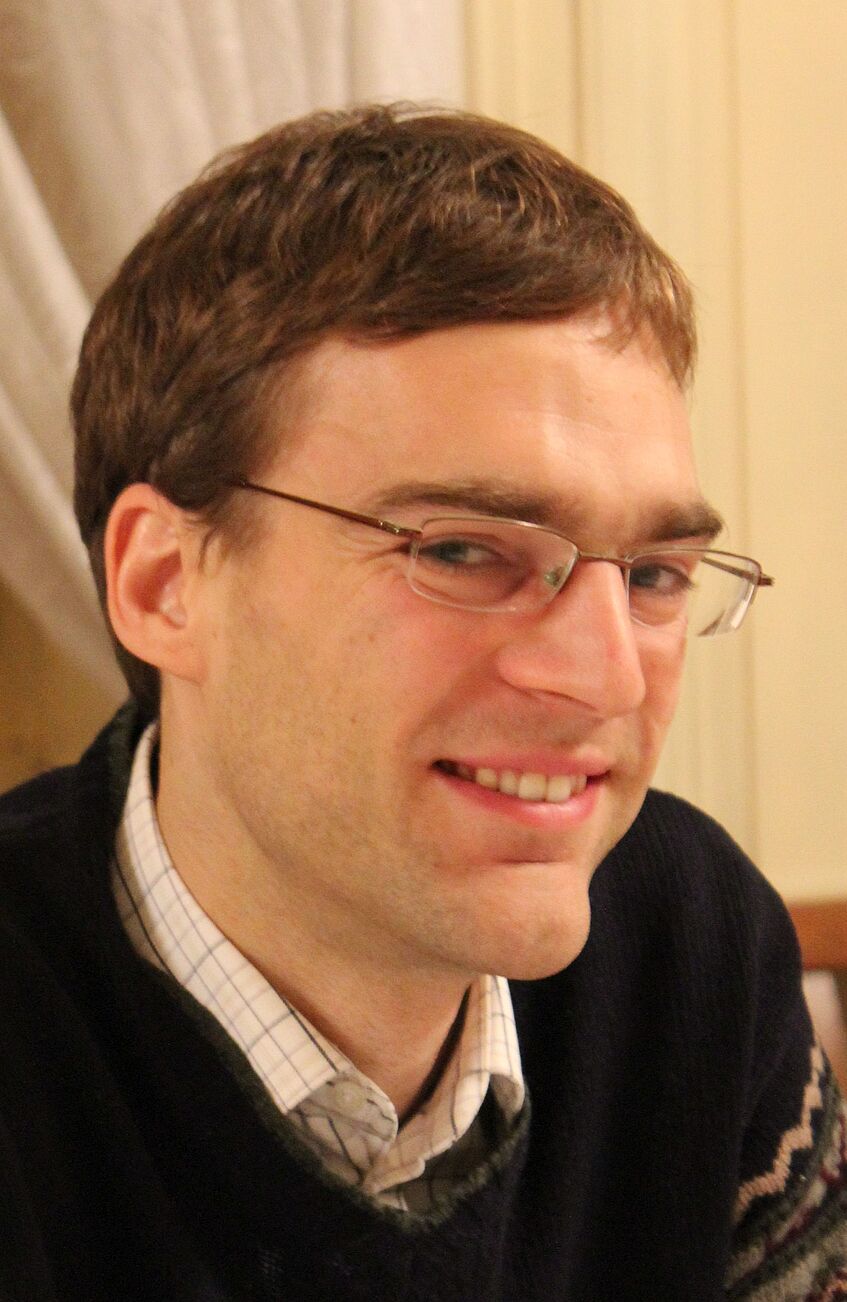
Institute of Organic Chemistry and Biochemistry (IOCB), Czech Republic
Martin Lepšík
Semiempirical Quantum Mechanical Scoring in Structure-based Drug Design
Martin Lepšík is a senior researcher at the Institute of Organic Chemistry and Biochemistry (IOCB), Prague, Czech Republic. His scientific career is mainly focused on protein-ligand non-covalent interactions described by quantum chemistry (QM) and molecular dynamics methods. He has published 90 scientific papers, including 5 reviews and 3 book chapters, with more than 3,000 citations, 3 patents and an H-index of 34. In 2018, Martin Lepšík was awarded a two-year Marie-Sklodowska-Curie Individual Fellowship to work on multivalent lectin ligands and also became visiting researcher at the University of Leeds, U.K. Since 2014, he has been giving courses on various aspects of drug design at the Faculty of Science, Charles University, Prague and Palacky University, Olomouc. In recent years, Martin Lepšík has worked in the team at IOCB on the commercionalization of the QM scoring software prototype which has repeatedly been licensed non-exclusively to major U.S. and European pharmaceutical companies.

Chiesi Farmaceutici, Italy
Daniele Pala
Hop to it! - The discovery of a novel series of ROCK inhibitors by scaffold hopping
Daniele conducted his Ph.D. research in the group of Prof. Mor at the University of Parma, focusing on the design of small-molecule modulators of GPCRs. He earned the EUROPIN degree in 2012 and, after an internship at Schrodinger (NY), he held a postdoctoral research position at the University of Parma, working on the design of protein-protein interaction disruptors as well as enzyme inhibitors. He is now a Senior Principal Scientist in Computational Chemistry at Chiesi Farmaceutici, where he supports discovery projects focused on different respiratory diseases, including asthma, COPD, idiopathic pulmonary fibrosis and bronchopulmonary dysplasia.

University of Hamburg, Germany
Matthias Rarey
Cheminformatics and Structure-Based Design - Shaping the Framework for Machine Learning
Matthias Rarey is a computer scientist (M.Sc. Paderborn, 1992; PhD Bonn, 1996; Habilitation Bonn, 2001) with a focus on Bio- and Cheminformatics. Prof. Rarey is a co-founder of the cheminformatics company BioSolveIT GmbH located in Sankt Augustin (2001). Since 2002, he heads the Center for Bioinformatics at the Universität Hamburg. His research group for Computational Molecular Design focuses on the development of new algorithms for problems occurring in molecular design, innovative approaches to cheminformatics and new molecular visualization techniques. From 2014 to 2023, Prof. Rarey was an Associate Editor of the Journal of Chemical Information and Modeling of the American Chemical Society. He is one of the spokespersons of the Helmholtz Data Science Graduate School DASHH (2018) in Hamburg. Furthermore he is member of the Research Advisory Board of the Fonds der Chemischen Industrie (FCI) since 2018 and member of the Advisory Board for Molecular and Cellular Structure (MCS) at EMBL-EBI since 2021. Moreover he is elected Chair of the Gordon Research Conference Computer-Aided Drug Design (CADD) in 2025. In 2005 he received the Corwin-Hansch-Award, in 2011 the ACS Emerging Tech Award, and in 2025 the Herman Skolnik Award of the ACS.

BASF, Germany
Klaus-Juergen Schleifer
Calcium Channel Inhibitors: Can small drugs and large toxins use the same principle?
Prof. Schleifer studied pharmacy at FU Berlin, completed his PhD in organic pharmaceutical chemistry, and prepared a Habilitation in computational chemistry. After several years as an assistant professor at Heinrich-Heine-University Düsseldorf, he transitioned from academia to industry. In 2001, he succeeded Prof. Hugo Kubinyi as head of Molecular Modeling at BASF, Ludwigshafen. Today, he leads the Molecular Design group in Research & Development of Crop Protection.
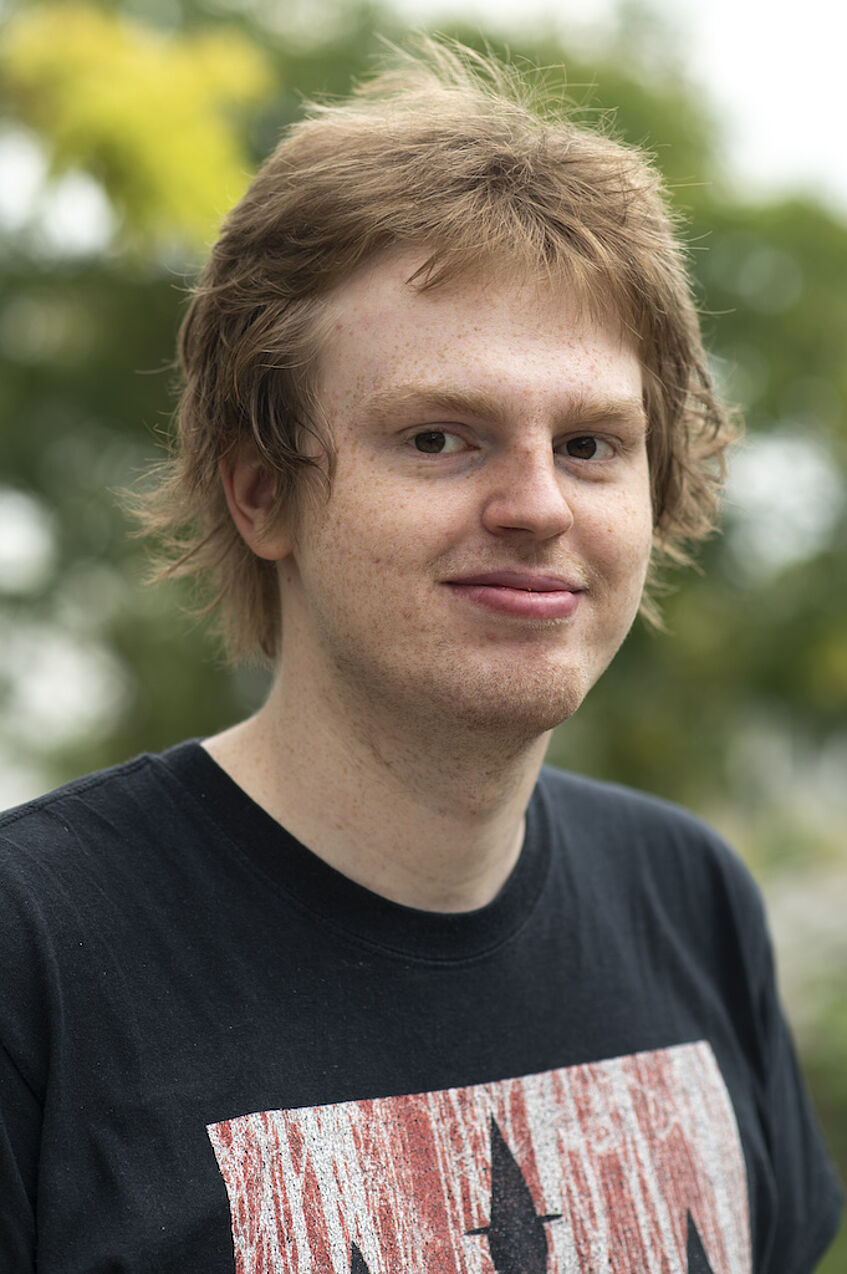
University of Vienna, Austria
Vincent-Alexander Scholz
Modelling the Dissipation Kinetics of Small Molecules
Vincent-Alexander Scholz is a PhD student in the COMP3D group of Prof. Johannes Kirchmair at the University of Vienna. He studied pharmacy at Martin Luther University Halle-Wittenberg and is now working in the field of metabolite prediction.
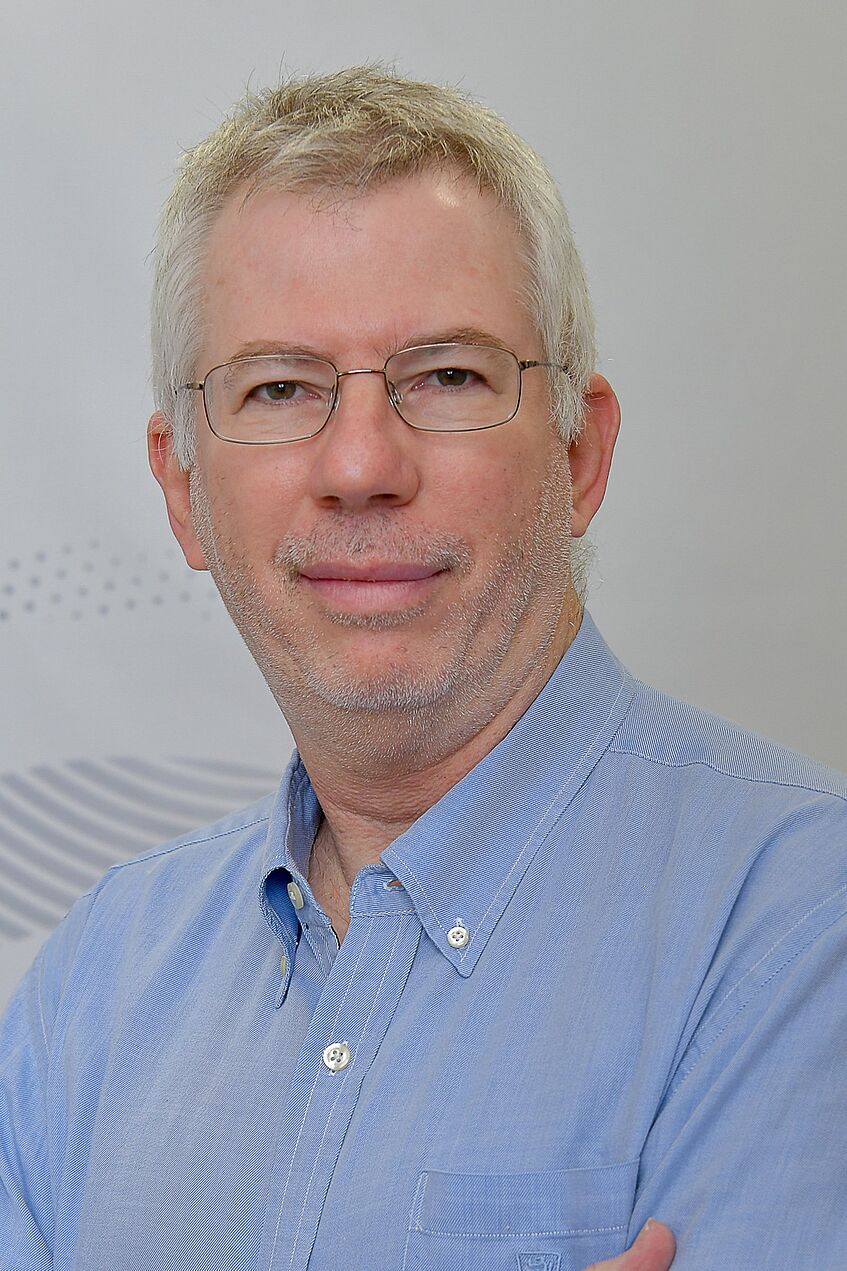
Bar-Ilan University, Israel
Hanoch Senderowitz
Addressing global food security via a combined experimental / agro-informatics approach
Hanoch Senderowitz is a professor of computational chemistry at Bar-Ilan University, Israel. Prof. Senderowitz completed his Ph.D. studies in computational organic chemistry with Professor Benzion Fuchs at Tel Aviv University and his post-doctoral training, as a Fulbright scholar, with Professor Clark Still in the MacroModel development team at Columbia University. Upon his return to Israel, he joined the pharmaceutical industry first at Peptor Ltd. and latter at EPIX Pharmaceutical where is served as Executive Director Computational Development. In 2009, Prof. Senderowitz moved to the Department of Chemistry at Bar-Ilan University where he is heading the laboratory of molecular modeling, computer aided drug design and chemoinformatics. A major focus of his research is the development, implementation and usage of molecular modeling tools and machine learning algorithms in various fields including chemoinformatics, materials-informatics agro-informatics and forensic-informatics.
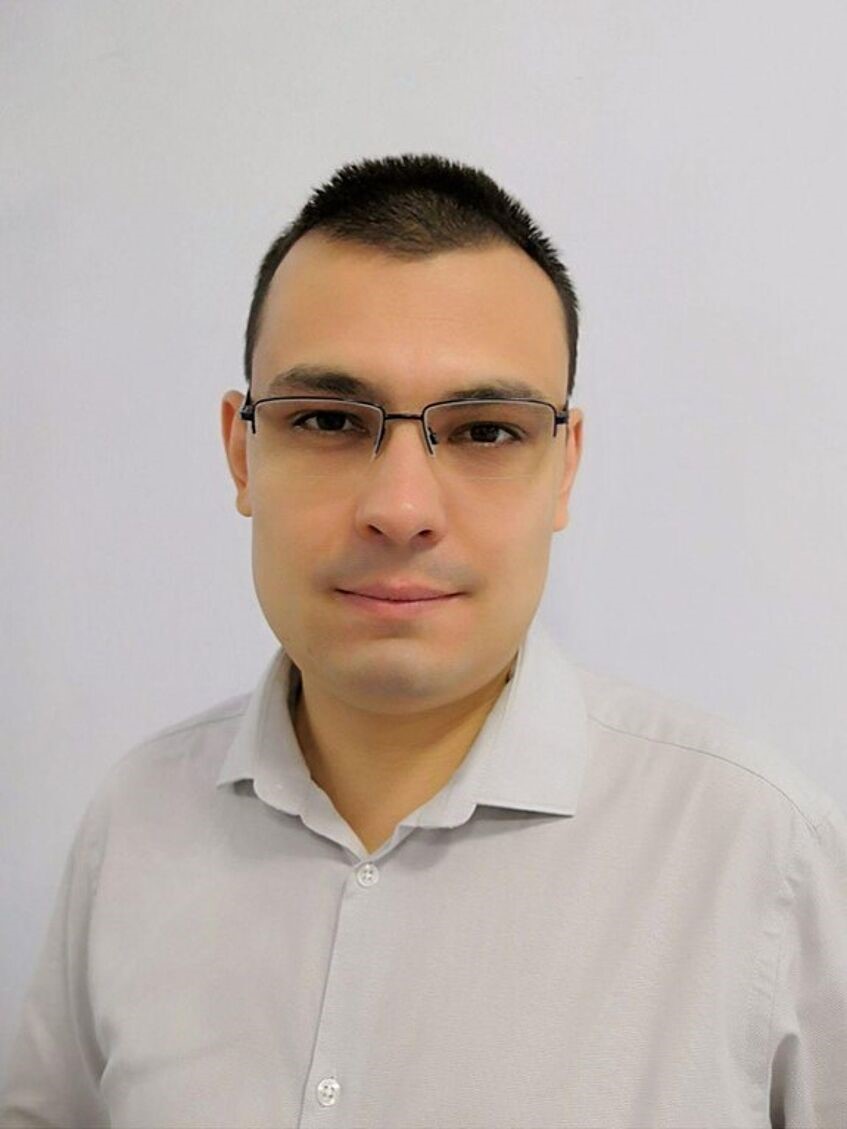
University of Vienna, Austria
Sergey Sosnin
Maps, Compasses, and Chemimanship: Visual Navigation in Chemical Space
Sergey Sosnin is a postdoctoral researcher at the University of Vienna. His main research interest is deep learning for the exploration of chemical space: the creation of methods and tools for chemical space visualization and in silico prediction of biological activity and physico-chemical properties of small molecules.
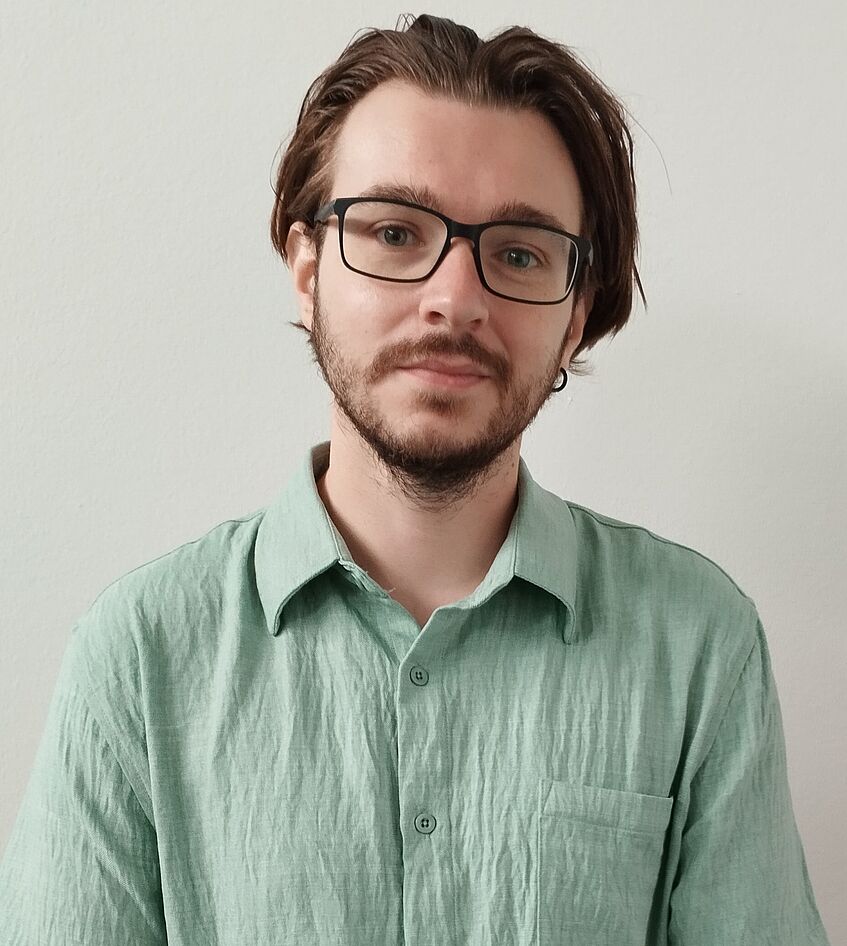
Freie Universität Berlin, Germany & AI|ffinity, Czechia
Valerij Talagayev
Identification and optimization of Toll-like receptor 8 modulators using pharmacophores and molecular dynamics simulations.
Valerij Talagayev is a PhD student at Freie Universität Berlin, supervised by Gerhard Wolber. He is also currently a chemoinformatics developer at AI|ffinity. His research primarily focuses on Toll-like receptors, covering aspects of structural biology as well as the identification and optimization of Toll-like receptor 8 modulators. Valerij's work also focuses on software development, with him maintaining OpenMMDL and contributing to various open-source packages such as ProLIF and MDAnalysis.

Helmholtz Munich, Germany
Igor Tetko
Which modern AI methods provide accurate predictions of toxicological endpoints? Analysis of Tox24 challenge results
Igor Tetko received MSc degree from Moscow Institute of Physics and Technology (with distinction) and PhD in chemistry from the Ukrainian Academy of Sciences. He did postdoc in neuroinformatics at the University of Lausanne and received habilitation in cheminformatics from the University of Strasbourg (2011). Since 2001 he is Chemoinformatics group leader at the Institute of Structural Biology, Helmholtz Munich and since 2015 CEO of BigChem GmbH. He coordinates Horizon Europe Marie Skłodowska-Curie Doctoral Network “Explainable AI for molecules “AiChemist” (https://aichemist.eu), Program Chair of 34th International Conference on Artificial Neural Networks ICANN2025 (https://e-nns.org/icann2025) as well as associate editor of ACS Chemical Research in Toxicology journal (https://pubs.acs.org/journal/crtoec). His research interests are in development and application of machine learning methods in chemistry.
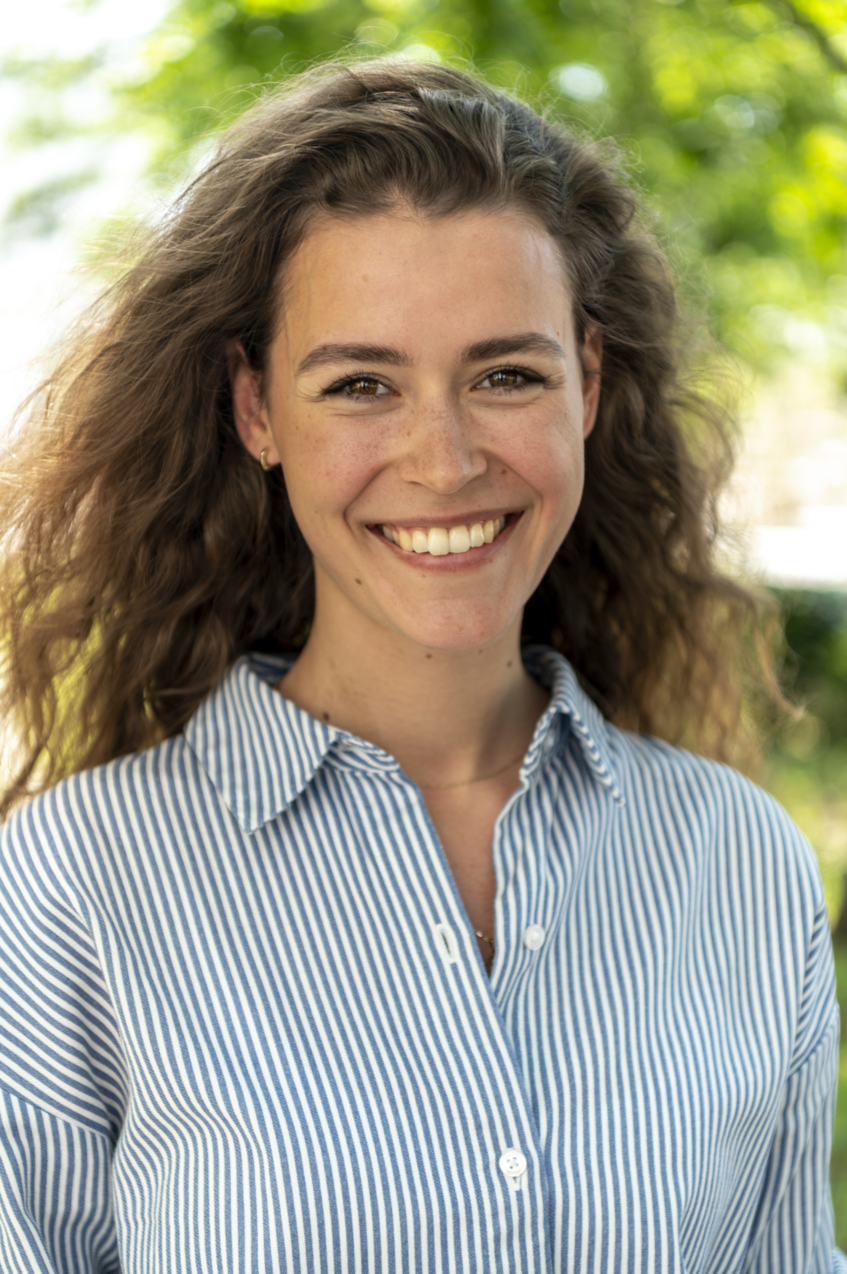
University of Vienna, Austria
Sara Tkaczyk
Free Energy Calculations with Machine Learning Potentials
Sara Tkaczyk holds a Master's degree in Chemistry and is currently a PhD student in the Cheminformatics Lab of Thierry Langer at the University of Vienna, co-supervised by Stefan Boresch and John Chodera. Her research focuses on integrating machine learning potentials with free energy calculations to advance computer-aided drug design methods.
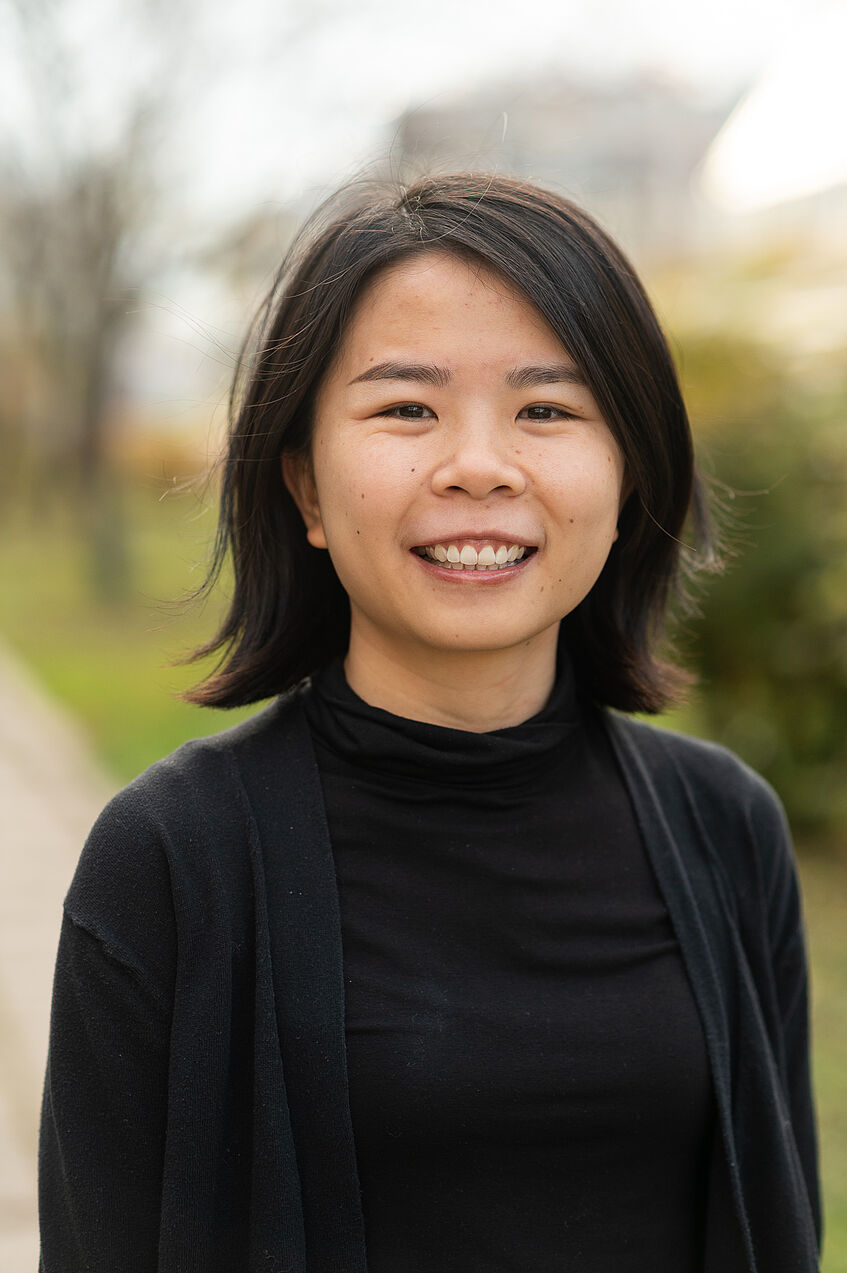
University of Vienna, Austria
Thi Ngoc Lan Vu
Assessing the role of machine learning-based pose sampling in virtual screening
Thi Ngoc Lan Vu is a PhD student in the Department of Pharmaceutical Sciences. She earned her BSc degree from Hanoi University of Pharmacy, Vietnam and MSc degree in Pharmaceutical Sciences from Ewha Womans University, South Korea. Lan is now working on Target prediction.
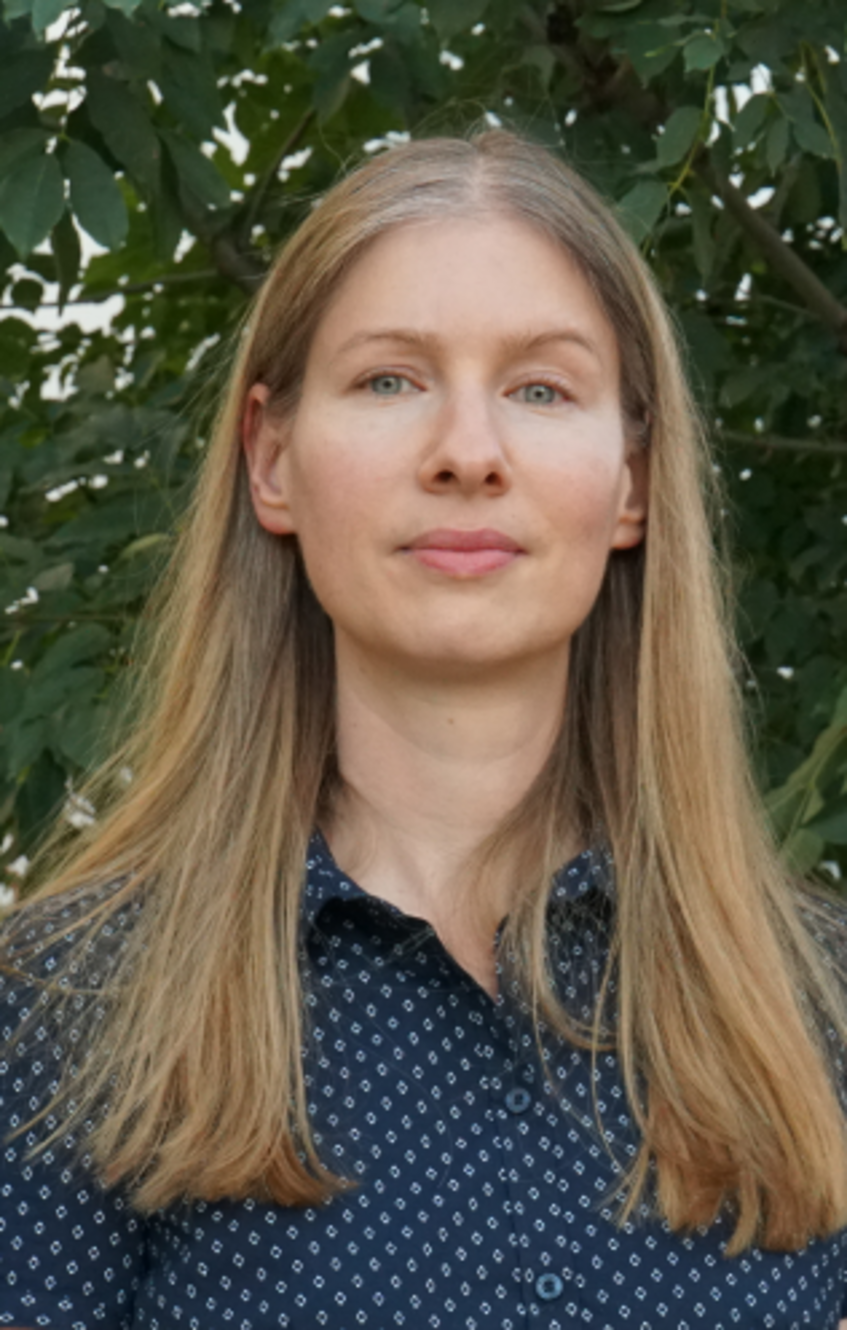
University of Vienna, Austria
Anna Weinzinger
Ion Channels in Health and Disease: From Mechanistic Understanding to Therapeutic Solutions
Anna Weinzinger, an Associate Professor at the Department of Pharmaceutical Sciences, Division of Pharmacology and Toxicology, University of Vienna, is advancing our understanding of these mechanisms and their therapeutic potential, particularly in rare ion channel-related diseases. She completed her doctoral training at the University of Vienna, focusing on molecular modeling of odorant receptors and calcium channels. As a postdoctoral researcher at the Max Planck Institute for Biophysical Chemistry in Göttingen, Germany, she investigated the “off-target” pharmacology of the hERG K+ channel, gaining expertise in computational pharmacology and ion channel dynamics. In 2015, she habilitated in Pharmacoinformatics. In 2025, Anna developed and filed the invention 'Drug Screen for Rare Diseases,' aimed at facilitating the discovery of treatments for rare ion channel disorders. With intellectual property rights claimed by the University of Vienna, this invention marks an important step toward addressing unmet medical needs. Anna combines advanced computational approaches—including molecular dynamics simulations, machine learning, and structural modeling—with experimental validation to elucidate ion channel mechanisms, uncover their roles in disease, and identify novel therapeutic targets. Through this integrative approach, she aims to advance therapeutic strategies for rare ion channel disorders.
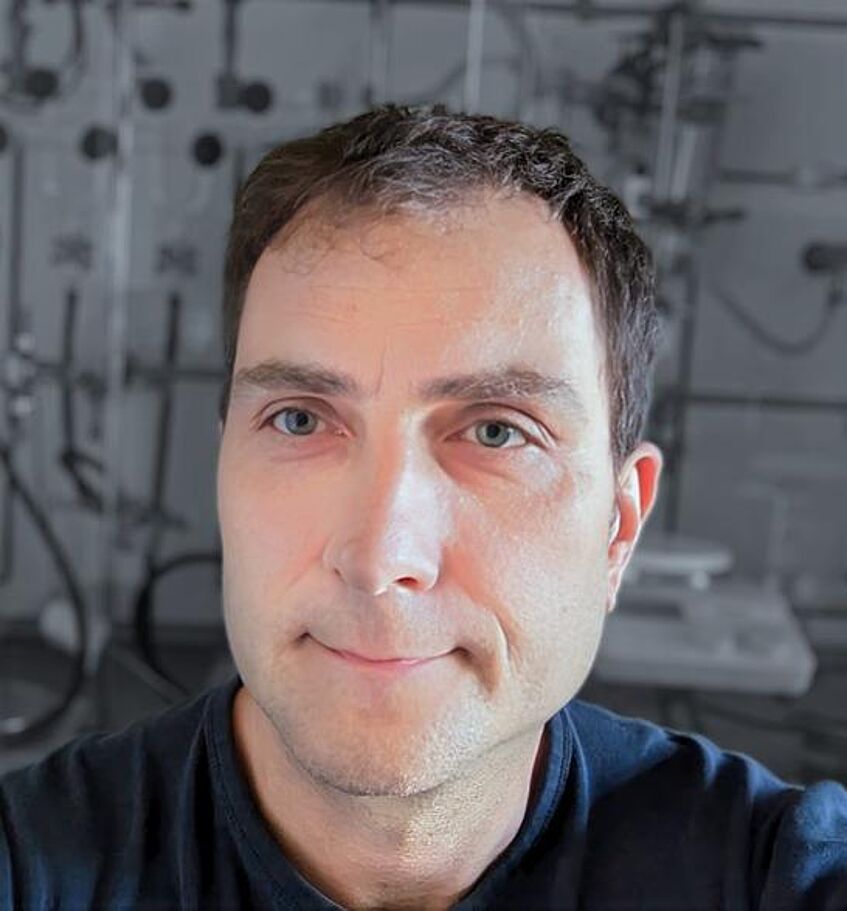
Freie Universität Berlin, Germany & EUROPIN
Gerhard Wolber
Design – Make – Test: From Computational Design to Bioactive Molecules
Gerhard Wolber is professor for Pharmaceutical Chemistry and head of the computational chemistry group at the Institute of Pharmacy at the Freie Universität Berlin since 2010. After his studies of pharmacy at the University of Innsbruck and Computer Science at the Technical University of Vienna, he received his PhD in pharmaceutical chemistry at the University of Innsbruck. In 2003 he co-founded the molecular modeling software company Inte:Ligand. In 2008 he changed back to academia as assistant professor at the University of Innsbruck before changing to the Freie Universität Berlin in 2010. His lab bridges algorithmic design and applied computational drug discovery to develop quantitative models for the effects of small molecules on macromolecules and cellular pathways. To achieve this, the group uses a combination of biophysical in vitro methods with statistical molecular mechanics and heuristically derived interaction patterns (3D pharmacophores, dynophores).
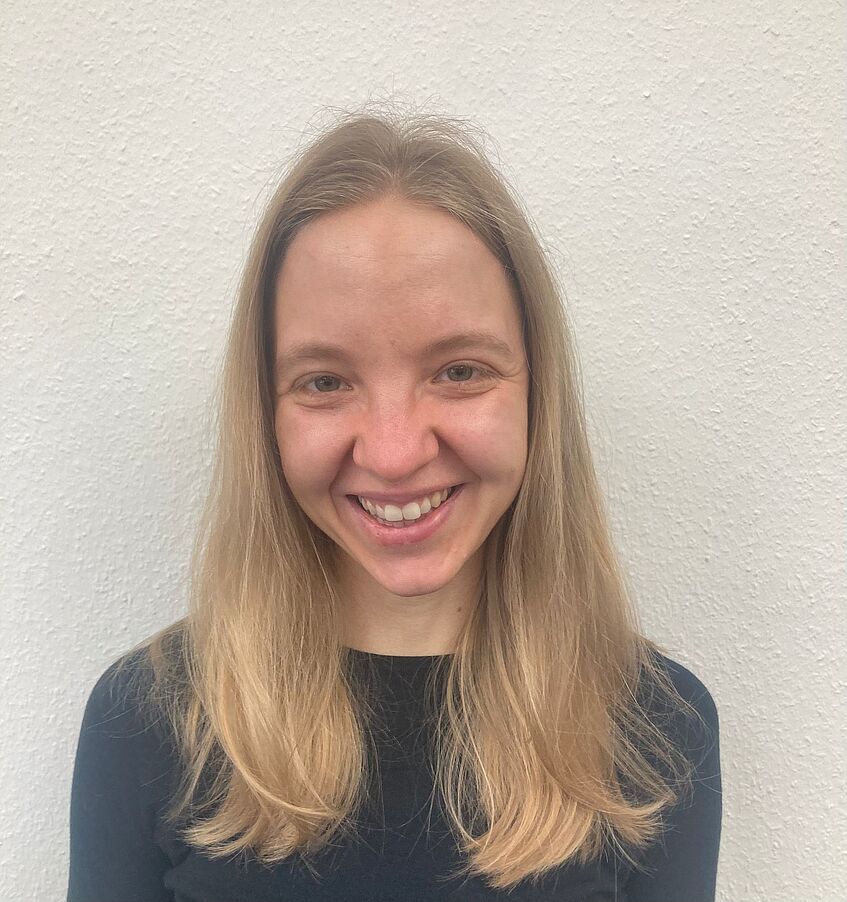
University of Münster, Germany & EUROPIN
Friederike Wunsch
Dynamics shaping GPCRs‘ functionality
Friederike is a PhD student in the group of Prof. Marcel Bermúdez at the University of Münster and part of the Europin program. Her research focuses on structural mechanisms at different GPCRs, including sphingosine-1-phosphate receptors, the muscarinic M2 receptor, and the atypical chemokine receptor 3.
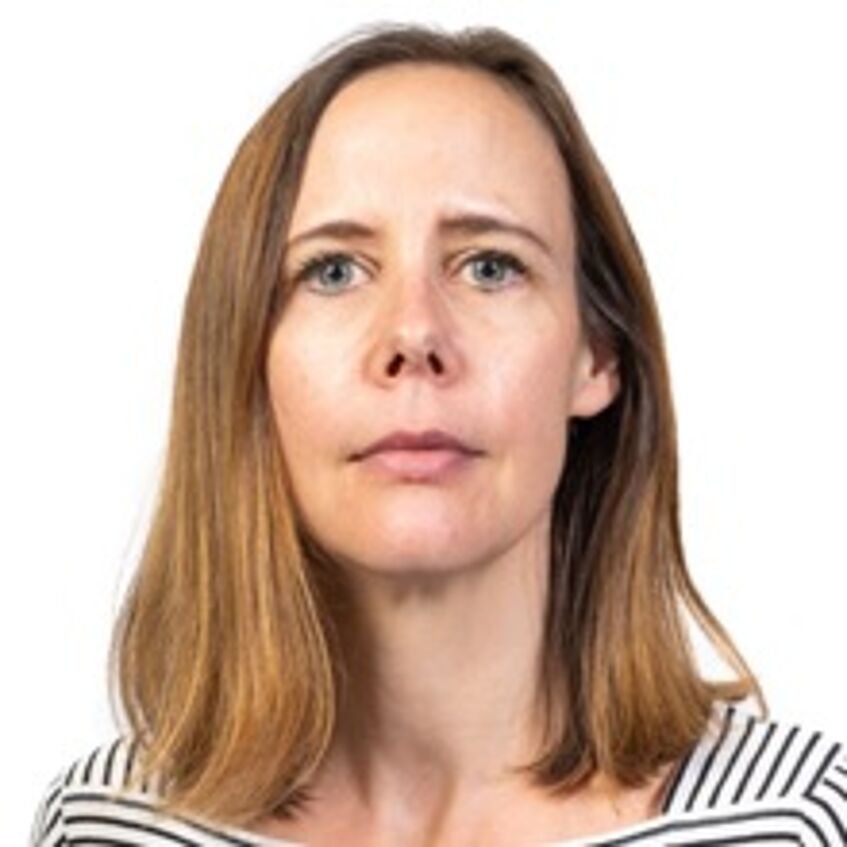
European Bioinformatics Institute (EMBL-EBI), UK
Barbara Zdrazil
The ChEMBL Database in 2025 - Towards AI-ready data
Barbara Zdrazil is an accomplished expert in cheminformatics and computational drug discovery with nearly 20 years of experience. She earned her PhD in Pharmaceutical Chemistry from the University of Vienna in 2006 and completed postdoctoral research at the University of Düsseldorf. As a Group Leader at the University of Vienna, she achieved her Habilitation in Pharmacoinformatics in 2019. Since 2021, Dr. Zdrazil has been part of the European Bioinformatics Institute (EMBL-EBI), first as Safety Data Scientist and Consultant for Open Targets and, in 2022, became the ChEMBL Team Coordinator within the Chemical Biology Services Team. From 2024-2025 Barbara acted as the Interim Team Leader for Chemical Biology Resources at EMBL-EBI. Dr. Zdrazil also serves as Editor-in-Chief of the Journal of Cheminformatics, contributing her expertise to advancing the field of Cheminformatics.
Contact us
If you have any questions regarding the EUROPIN Summer School on Drug Design, please don’t hesitate to contact us.
Please do not contact anyone other than our main contact address! Mails sent to this address will be forwarded to the organising committee as a whole!
Please find more information on EUROPIN here.
Organised by
Pharmacoinformatics Research Group
Following a holistic pharmacoinformatic approach we combine structural modeling of proteins, structure-based drug design, chemometric and in silico chemogenomic methods, statistical modeling and machine learning approaches to develop predictive computational systems for transporters and ion channels.
The validation and optimisation of the obtained in silico models by strong links to experimental groups is an integral part of these activities.
Follow us on LinkedIn


